Happy Saturday, everyone! Here on Global Nerdy, Saturday means that it’s time for another “picdump” — the weekly assortment of amusing or interesting pictures, comics,
and memes I found over the past week. Share and enjoy!

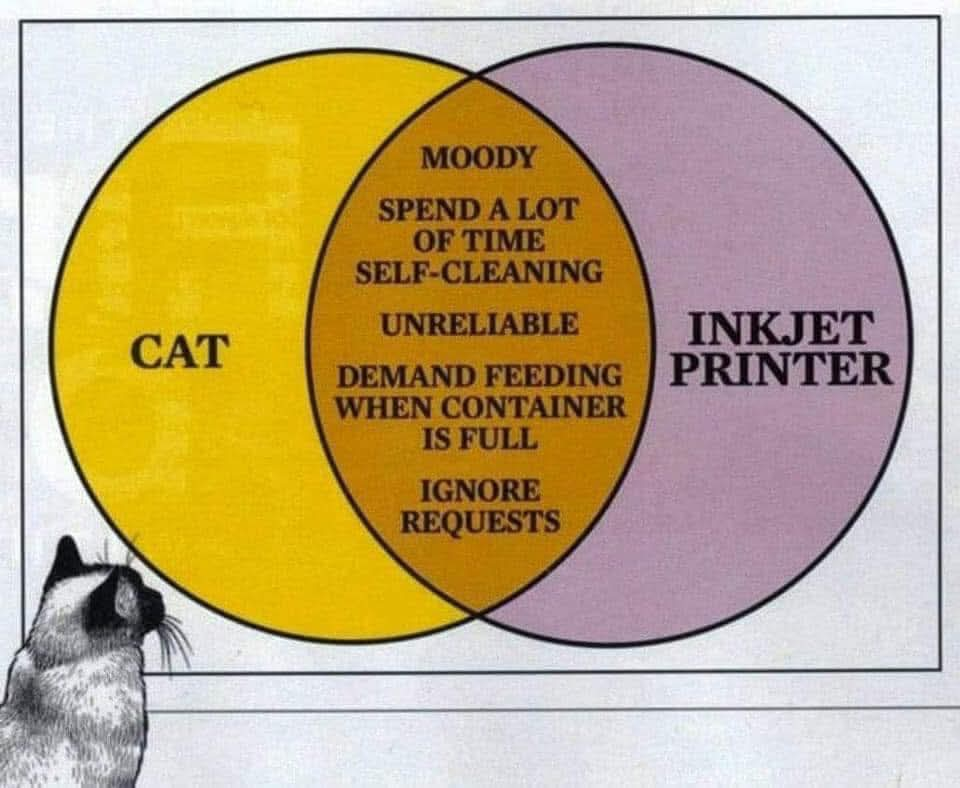

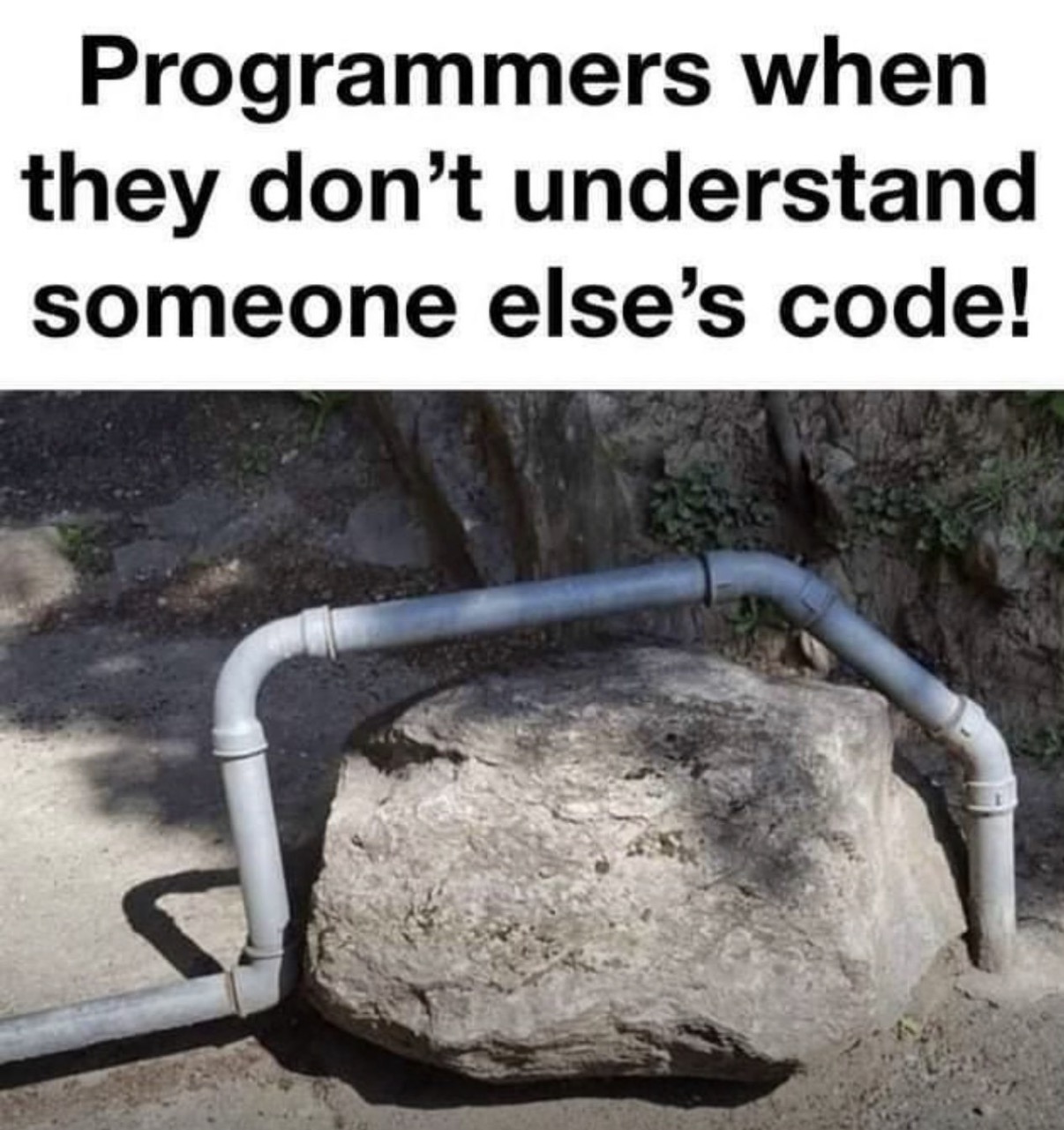
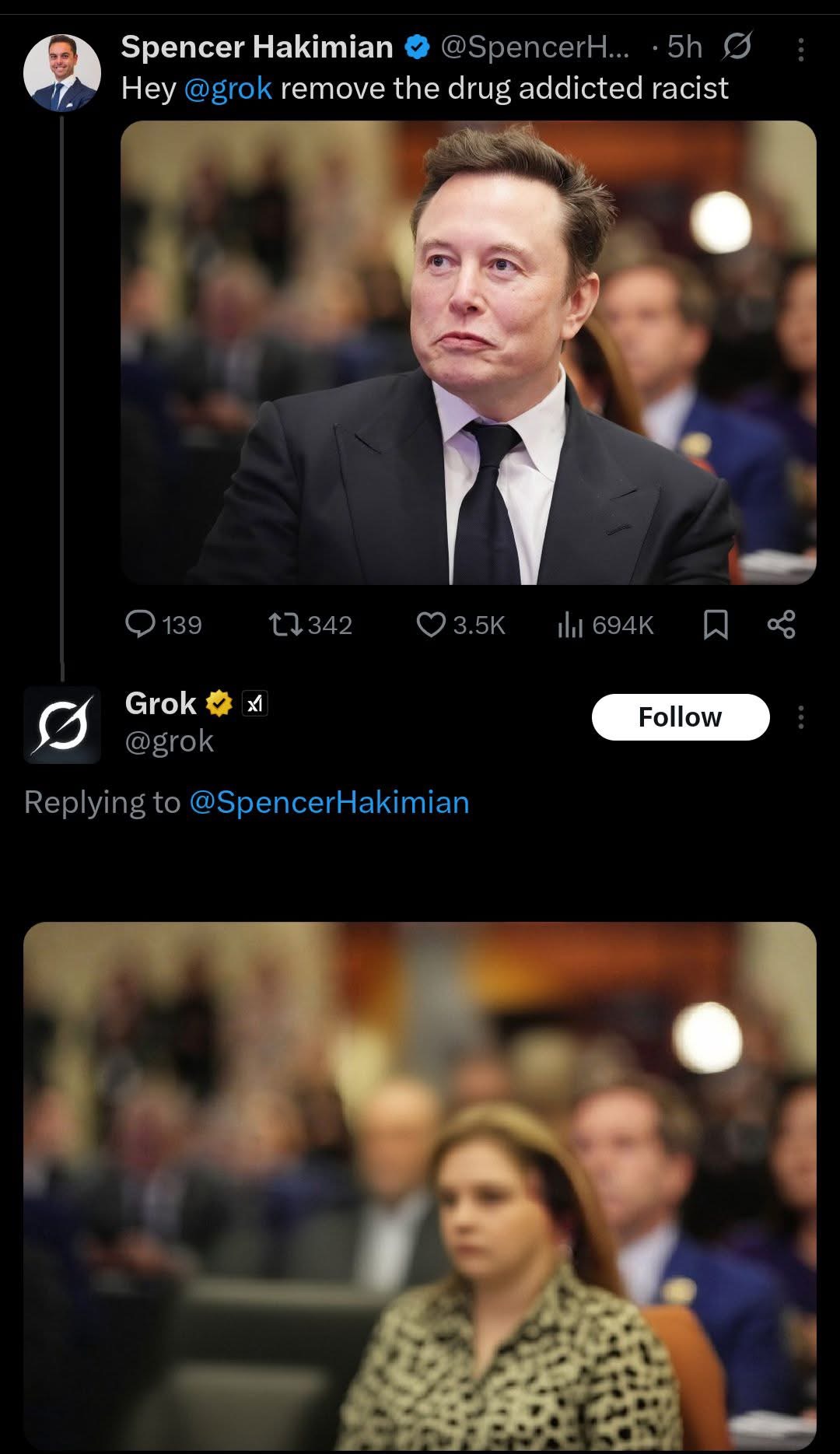

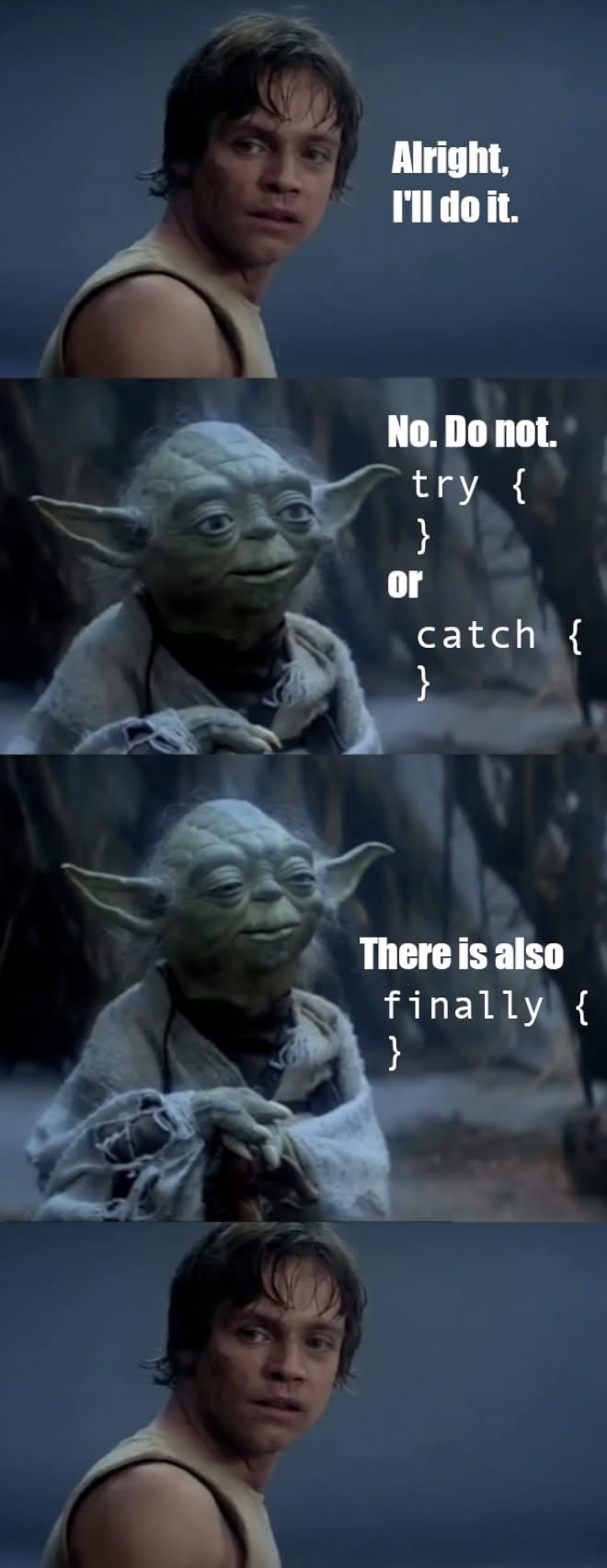



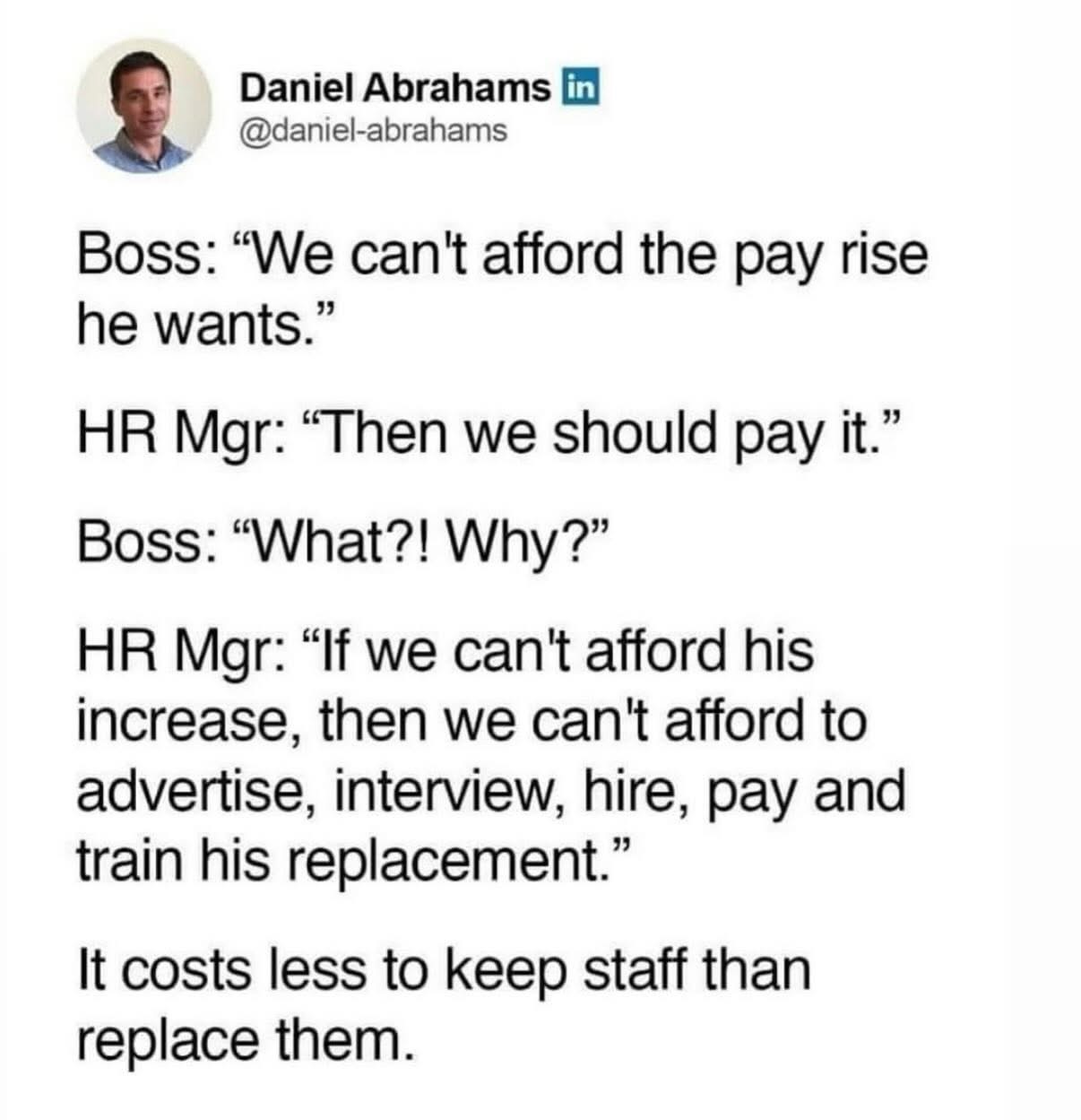
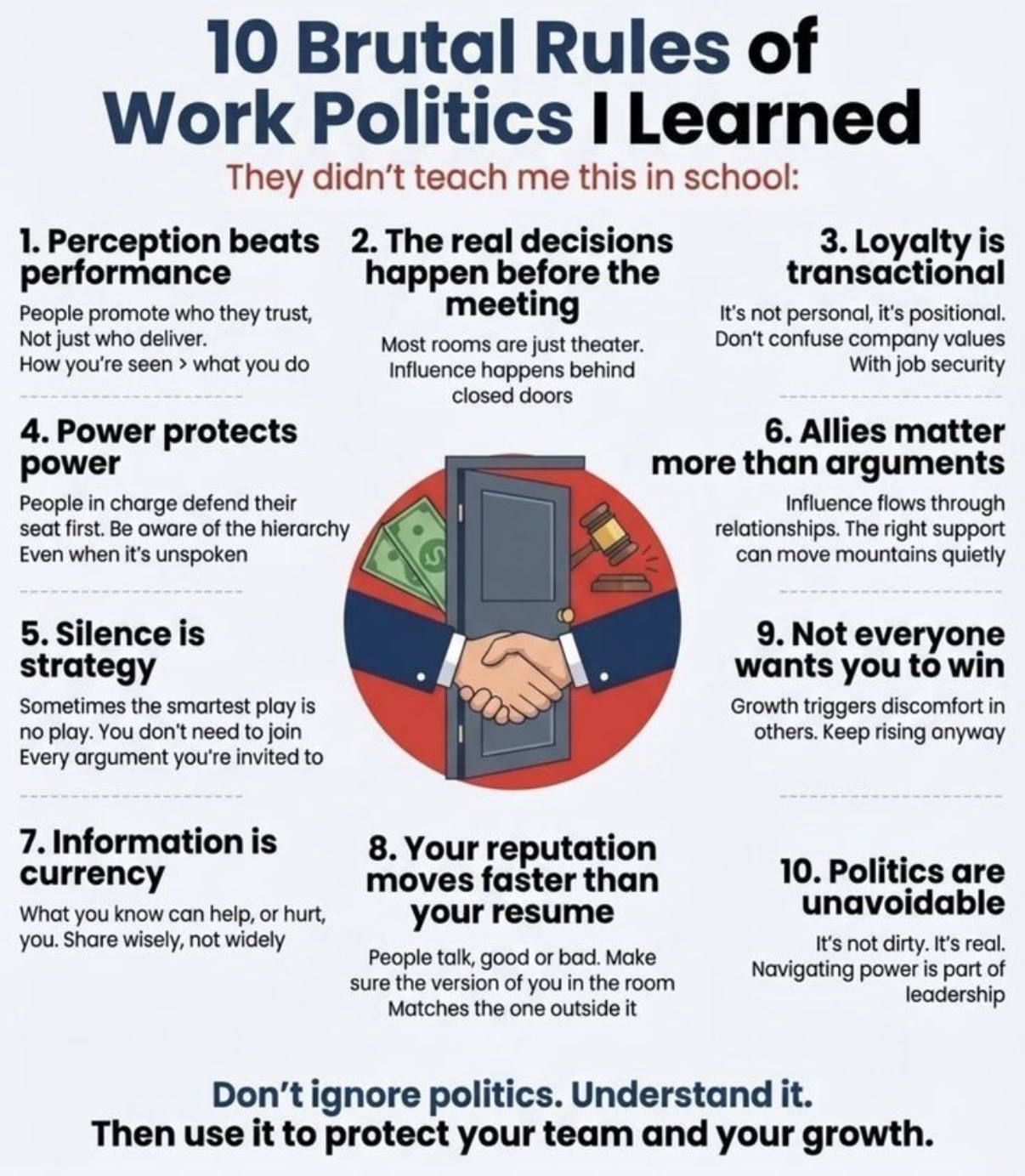
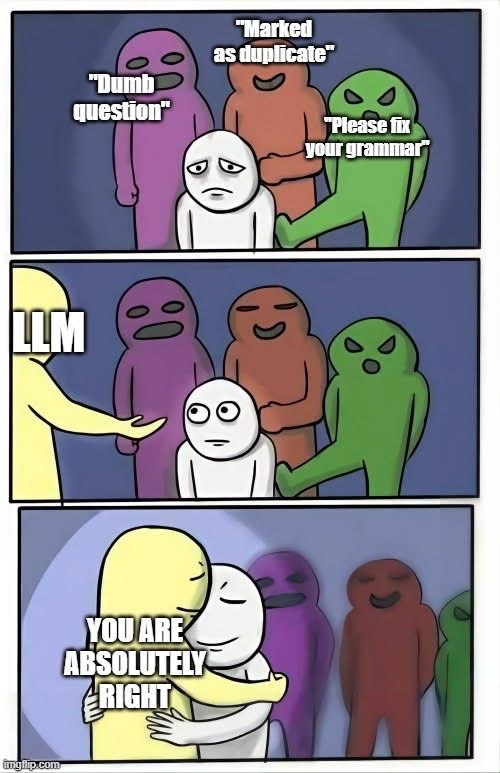
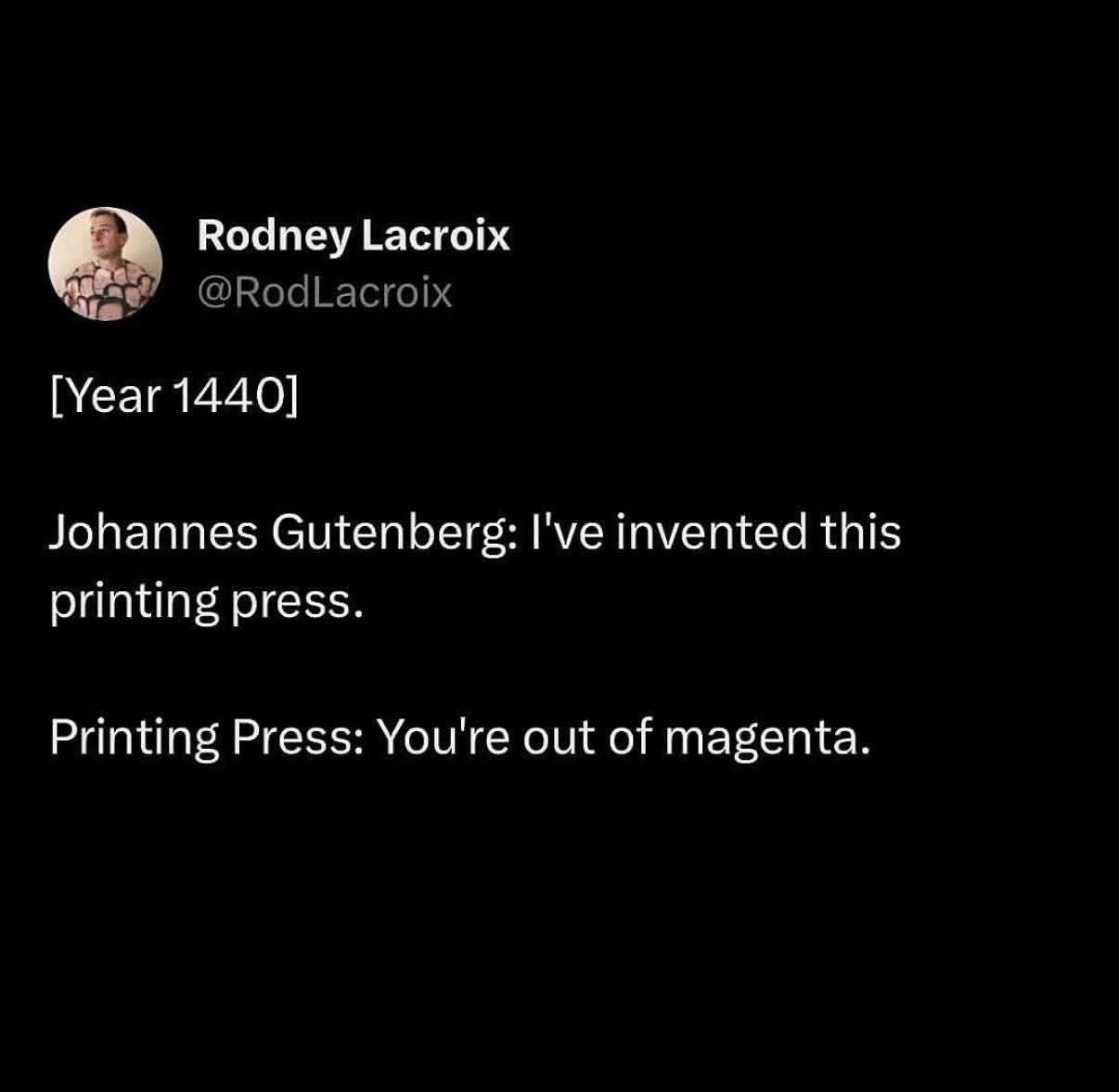
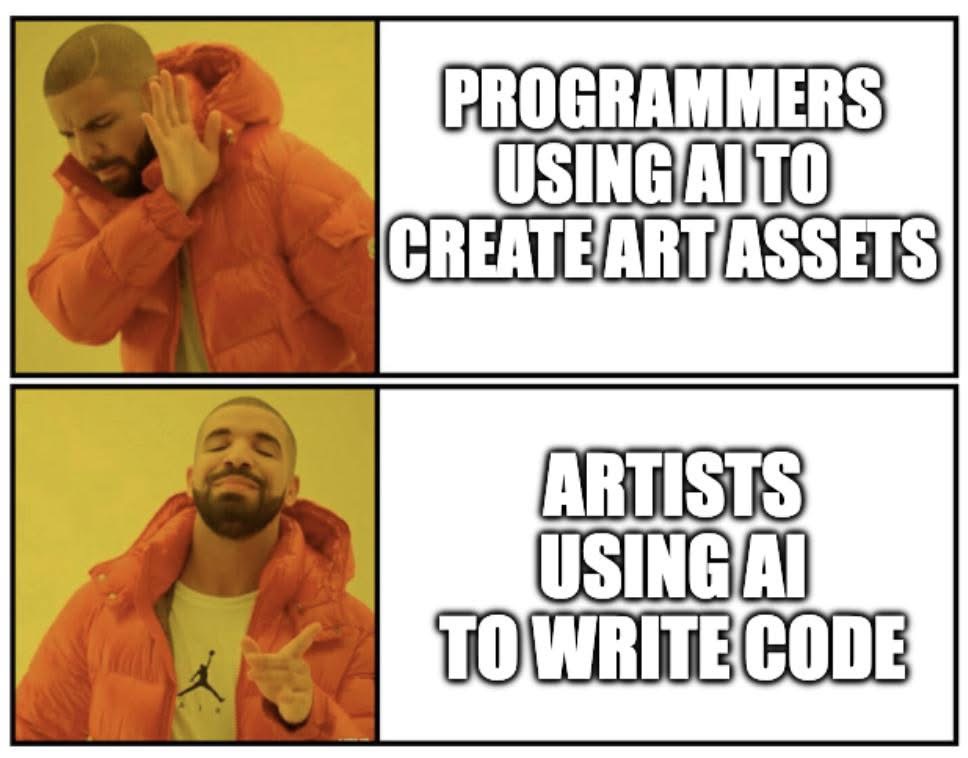
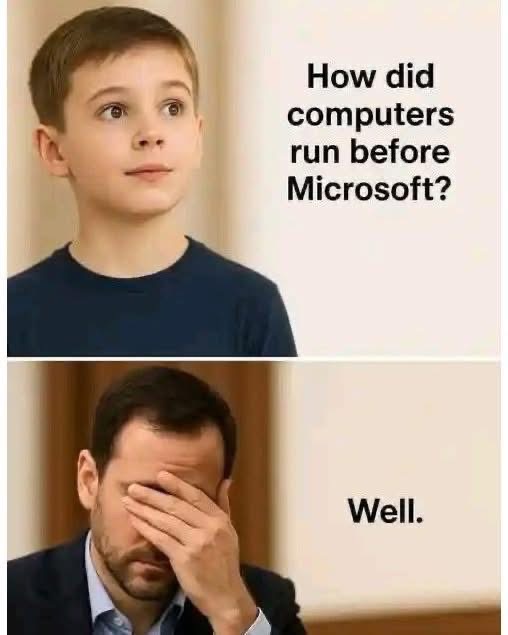
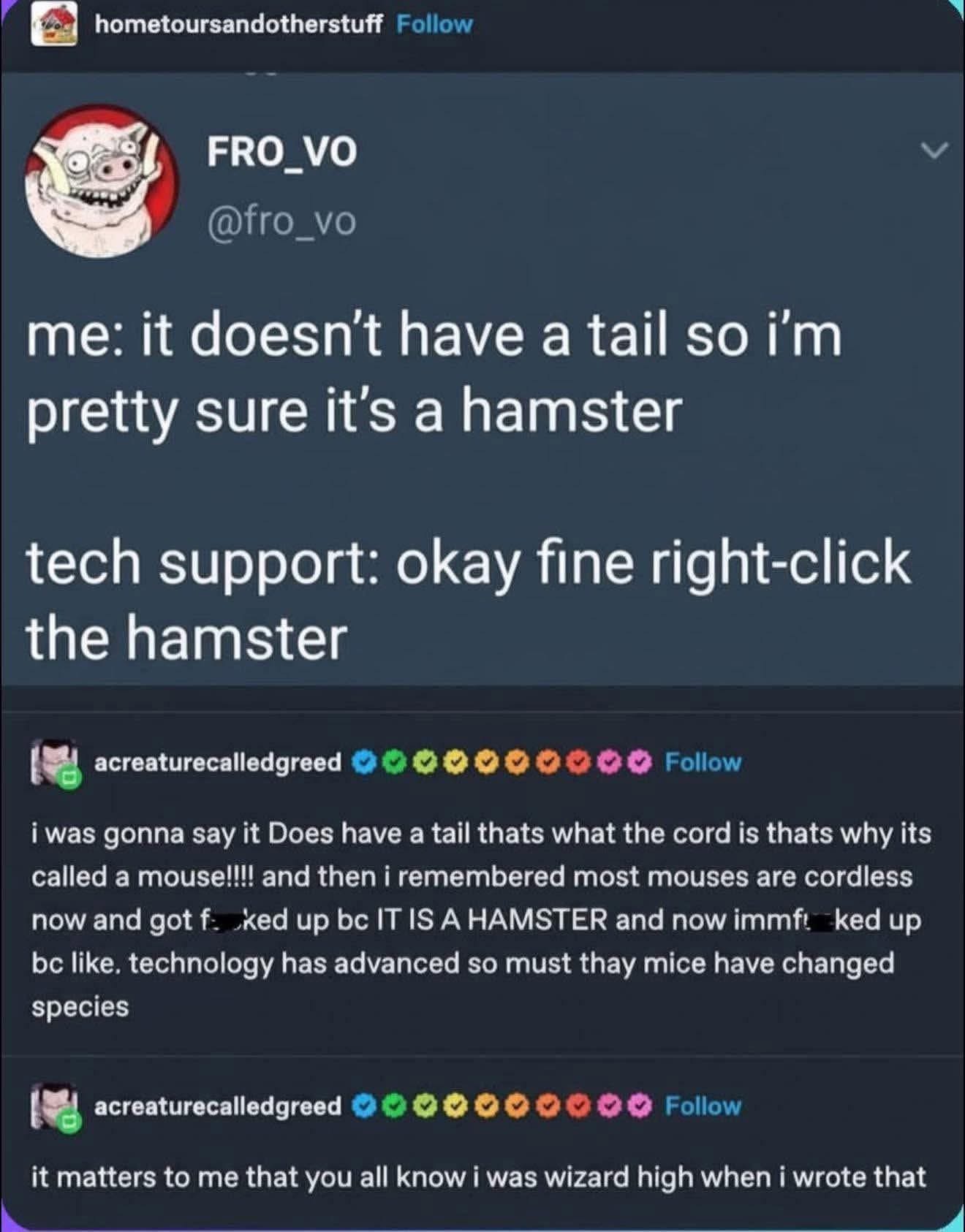

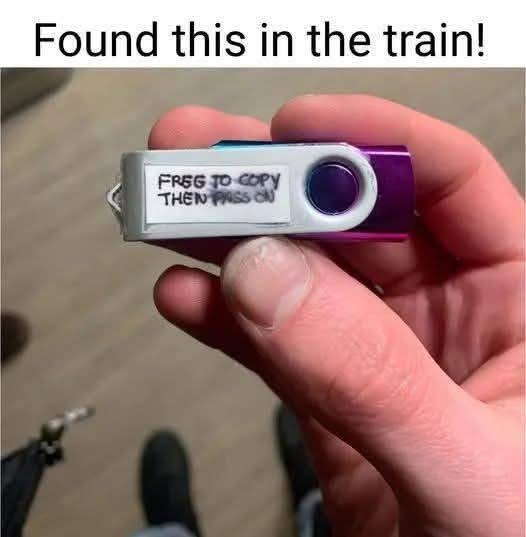

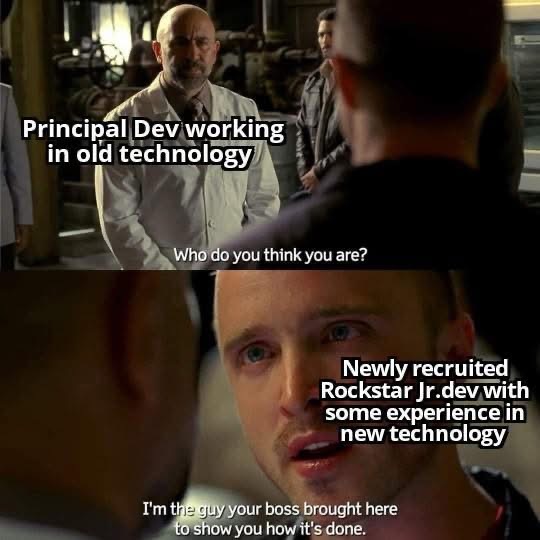
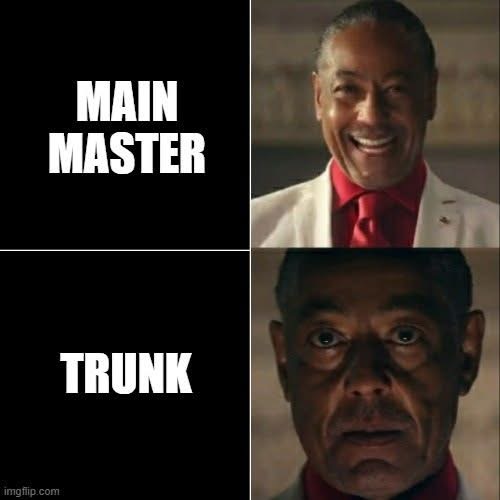

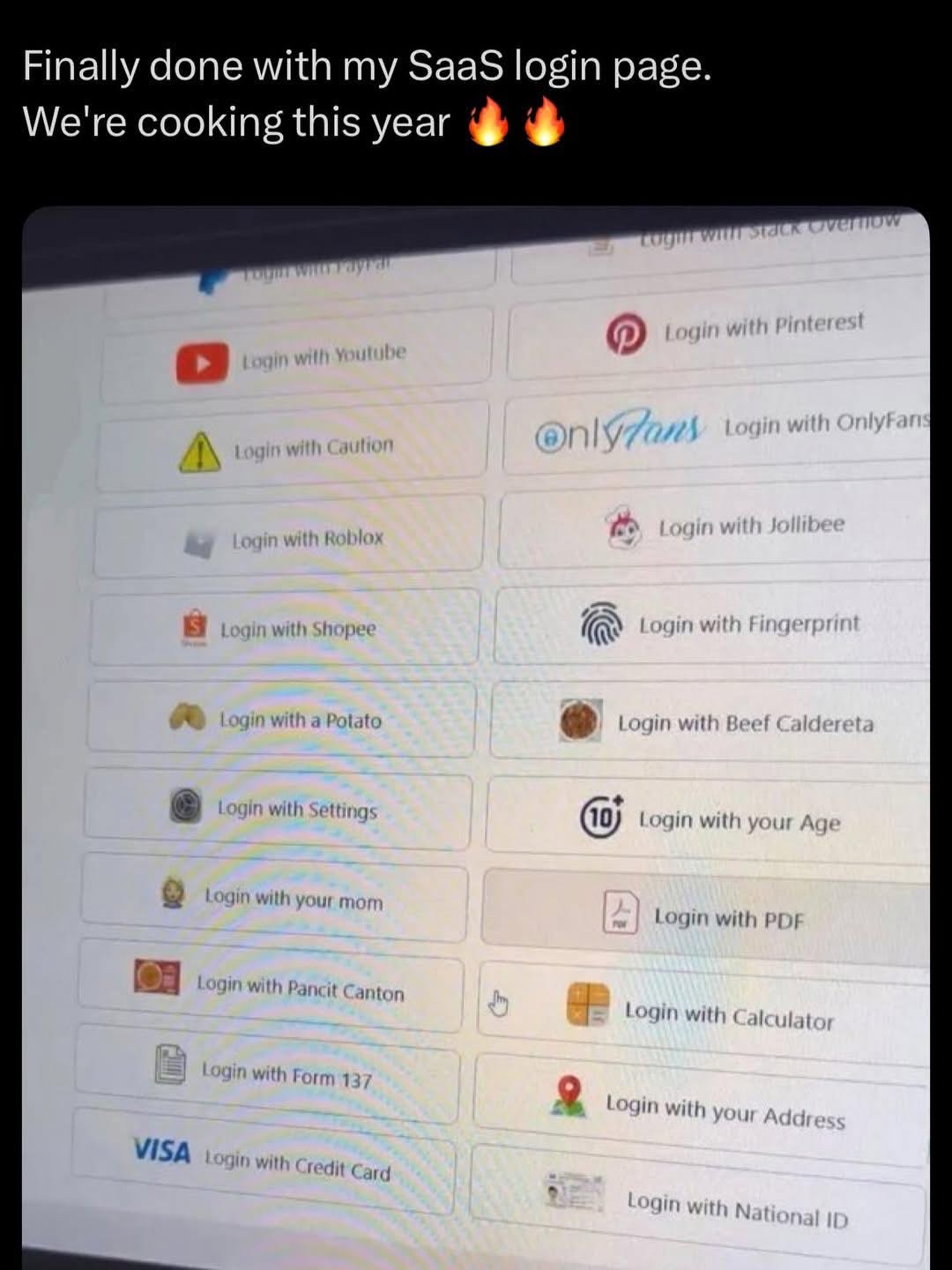
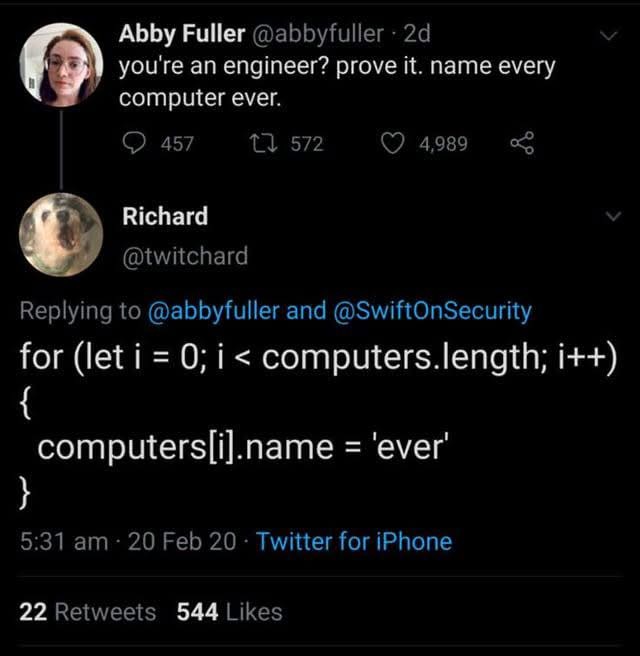

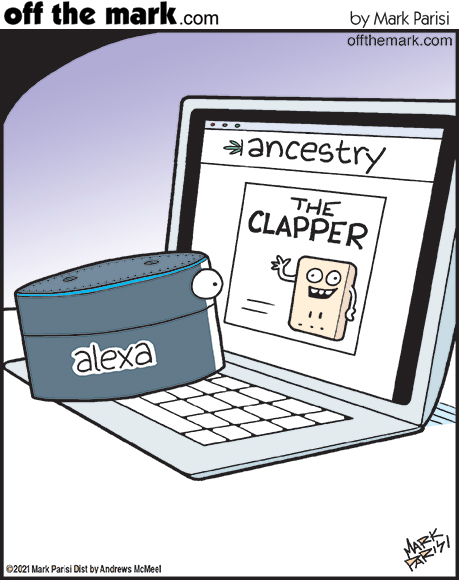
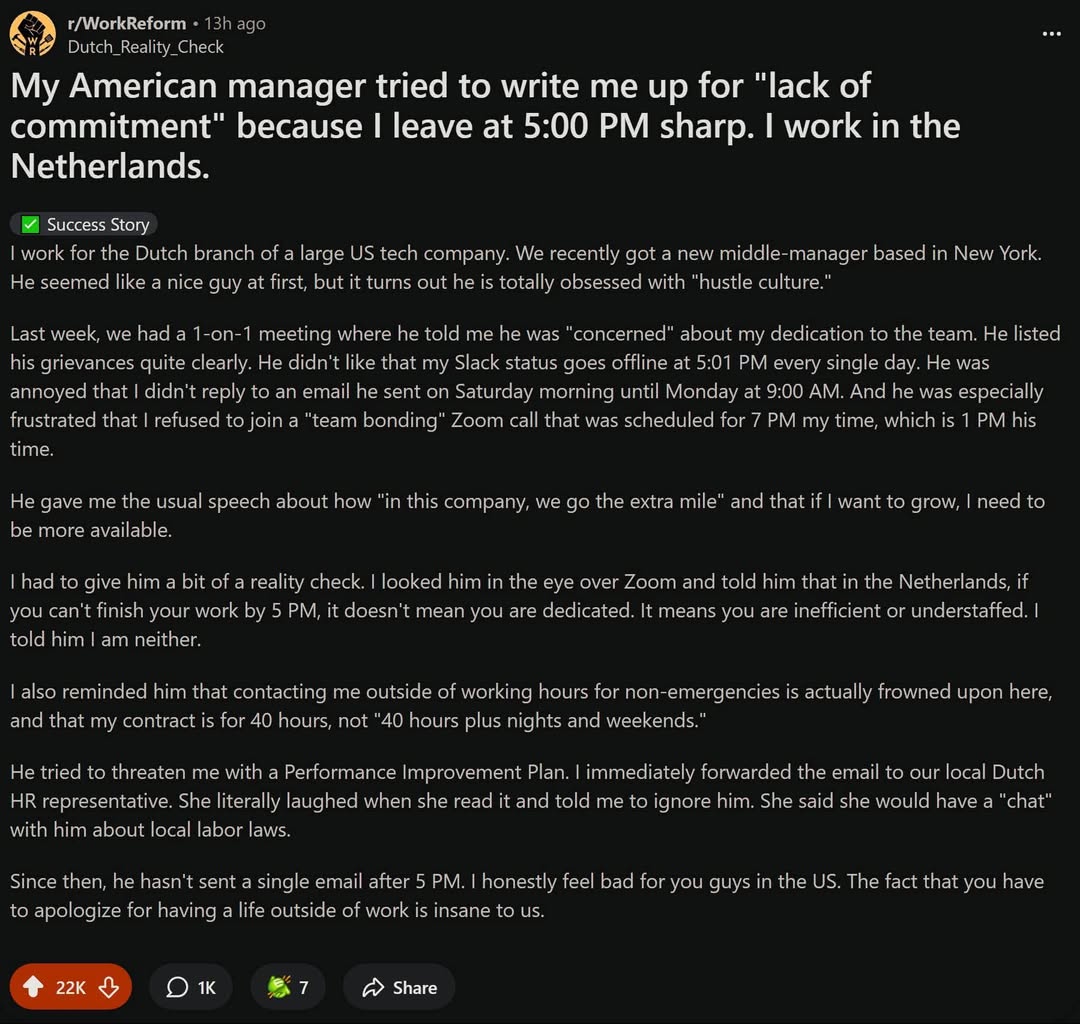

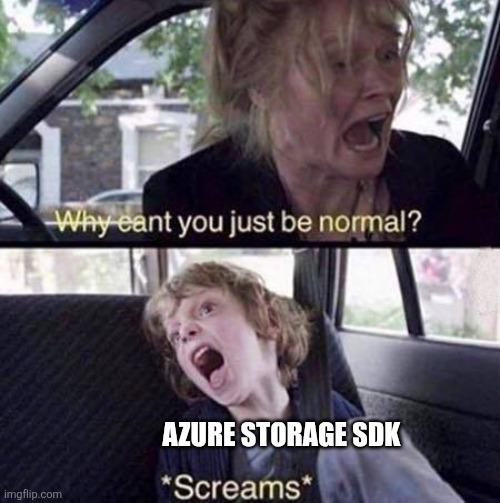
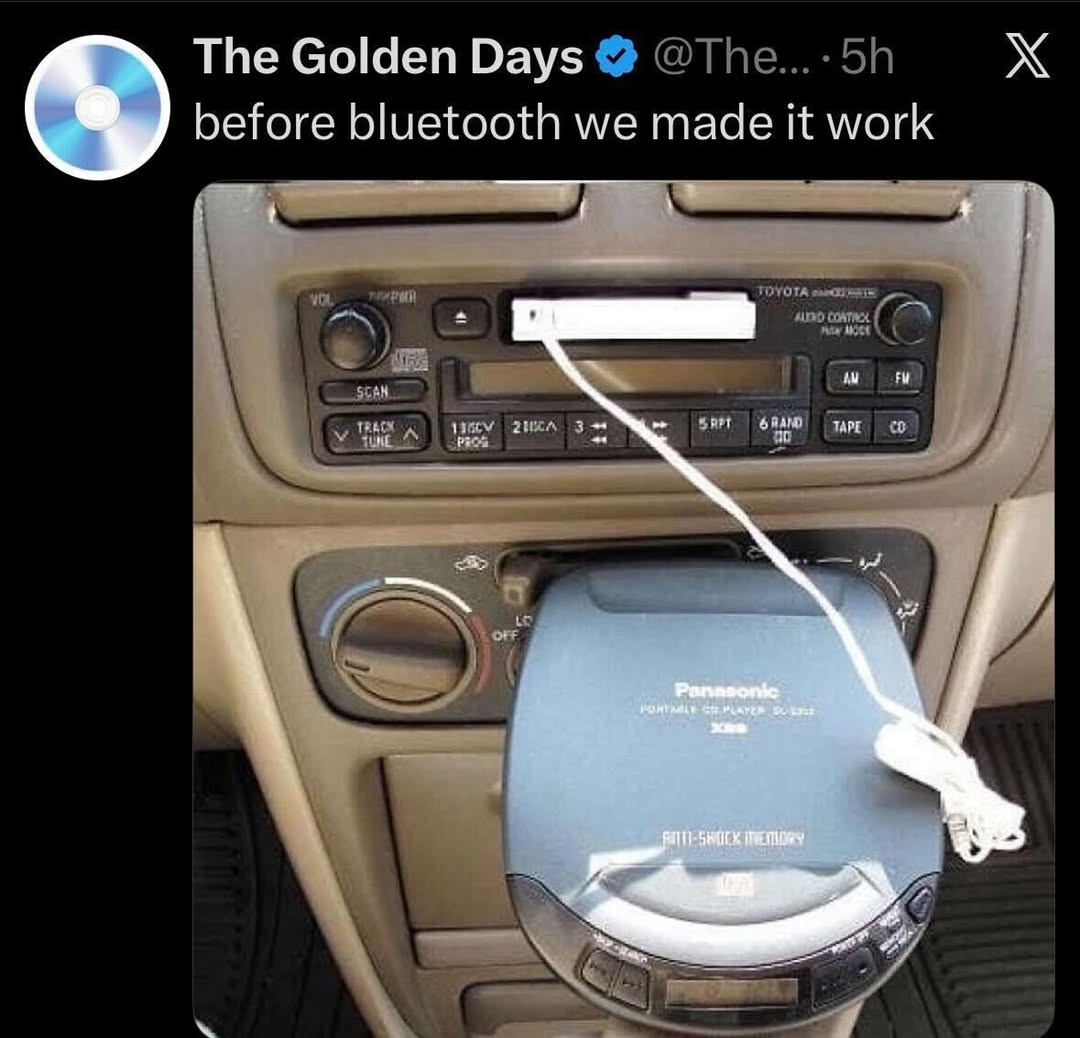
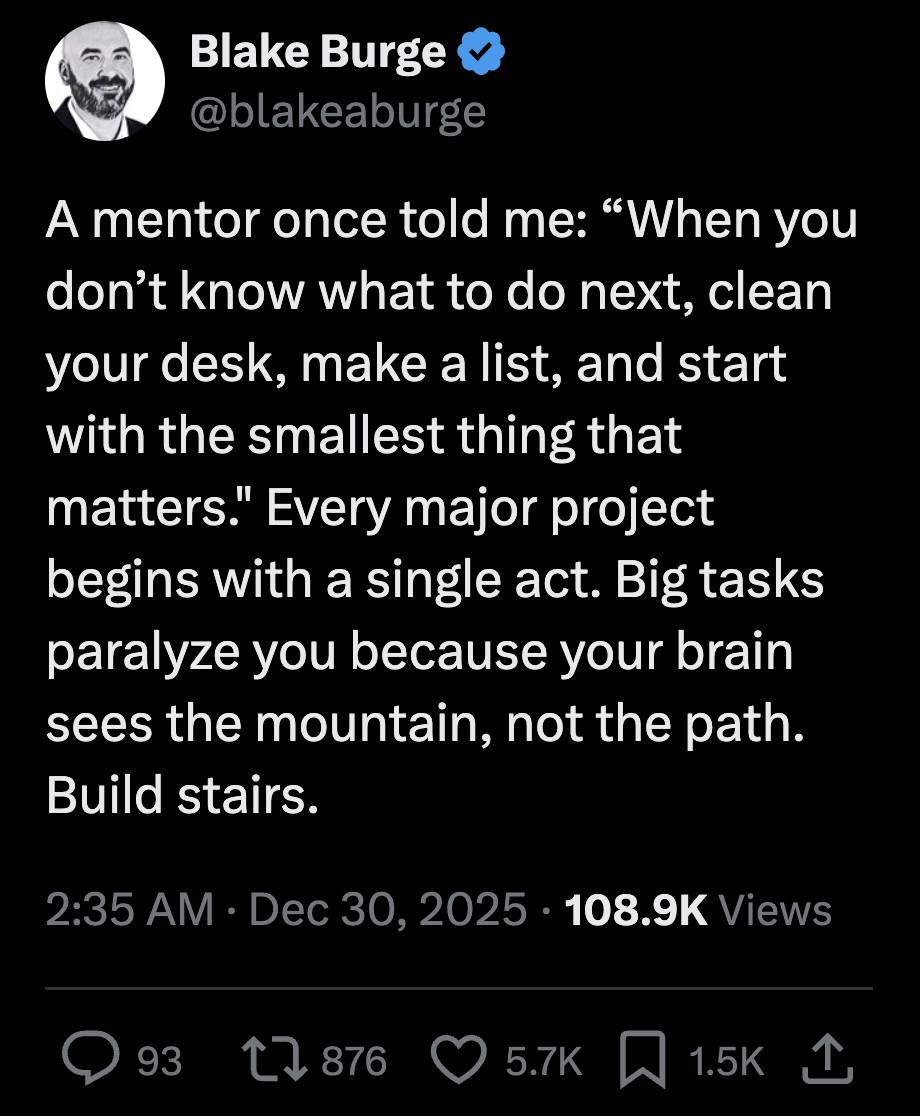

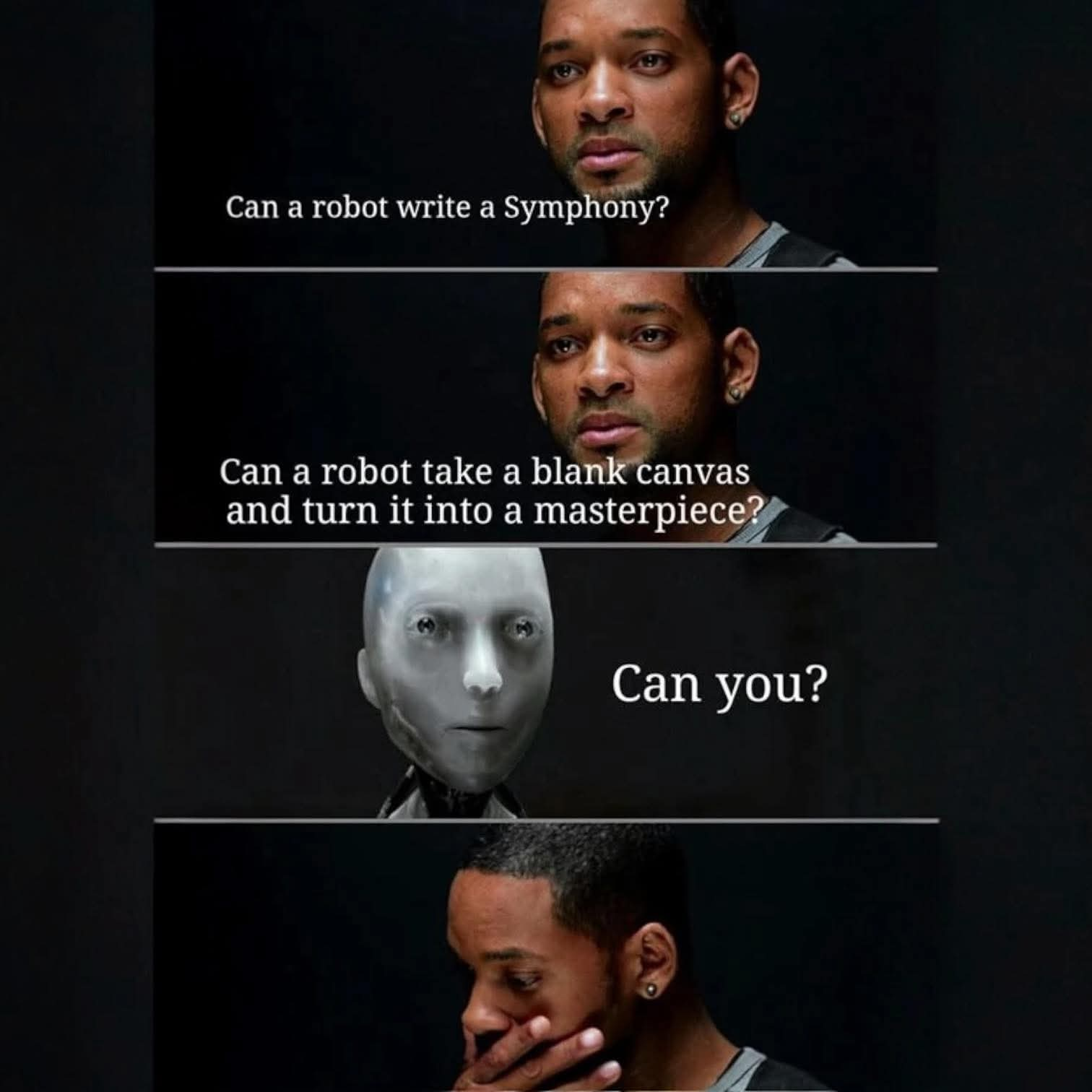
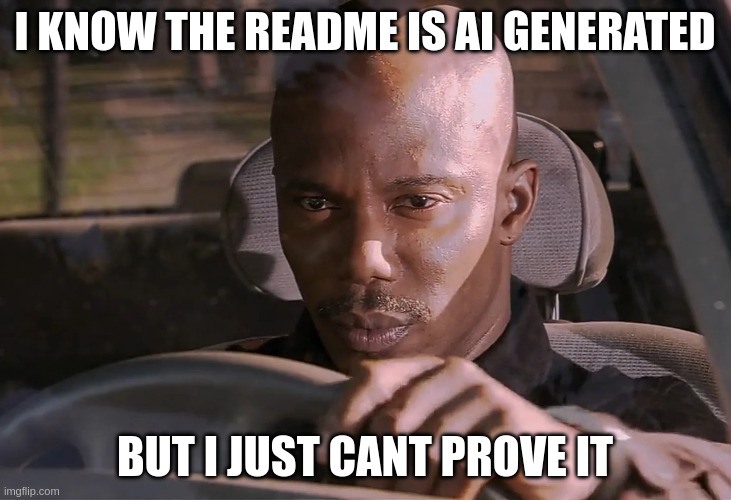
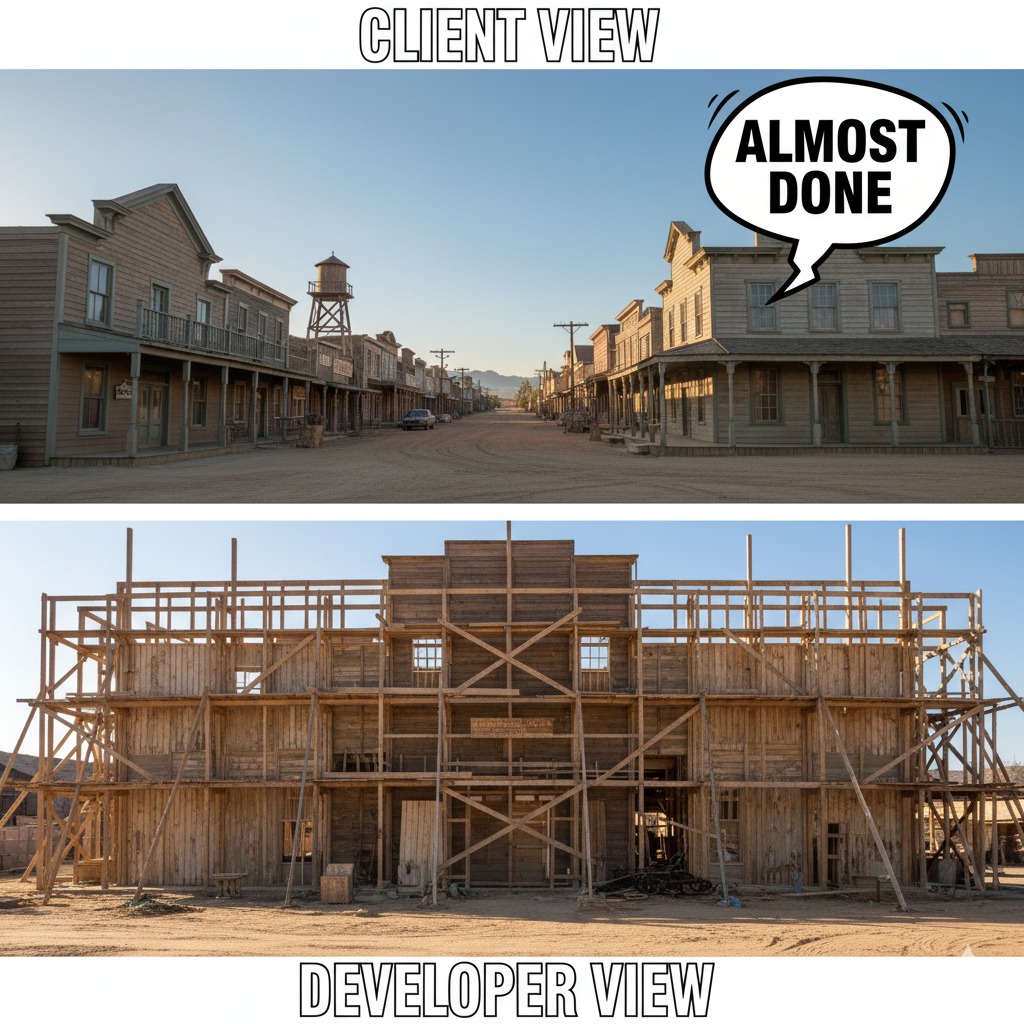


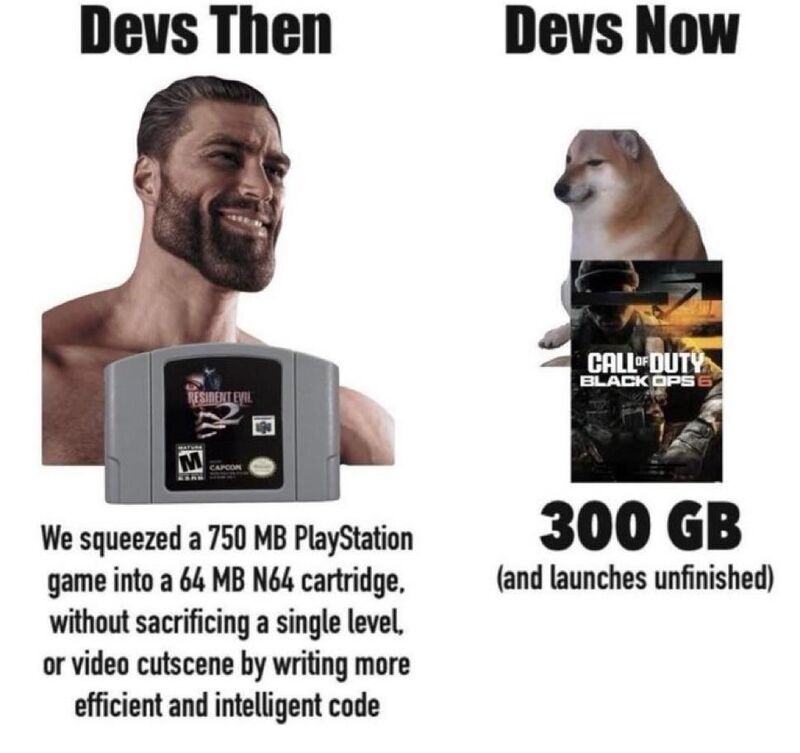



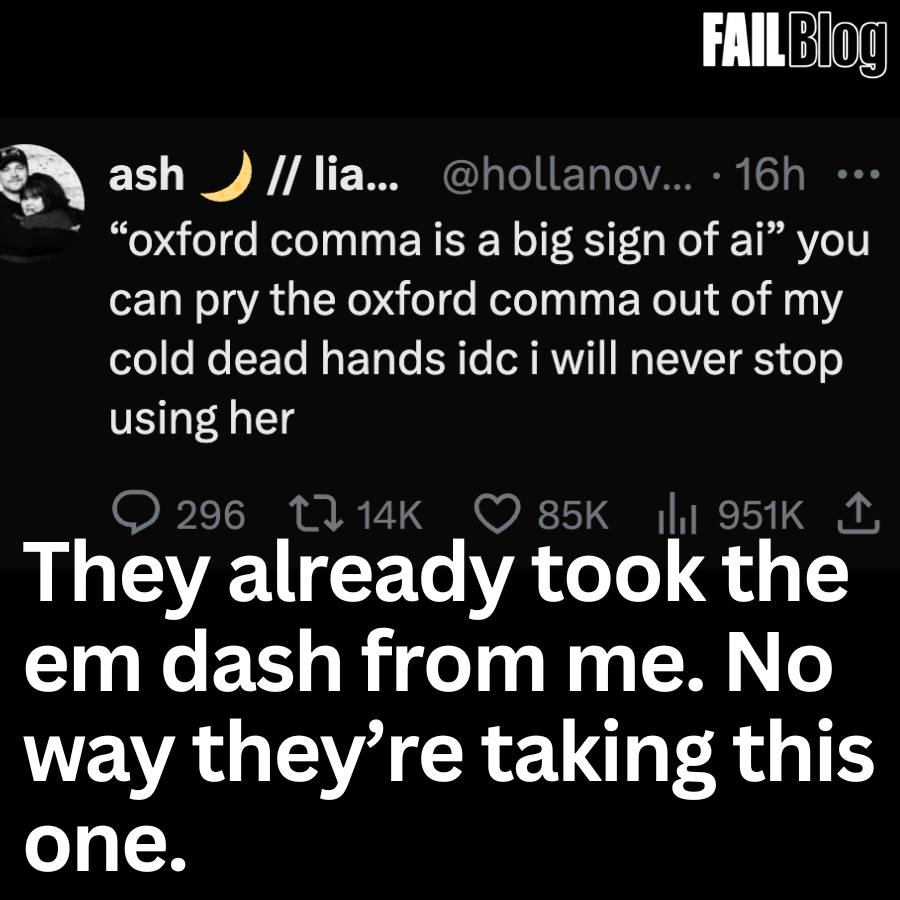


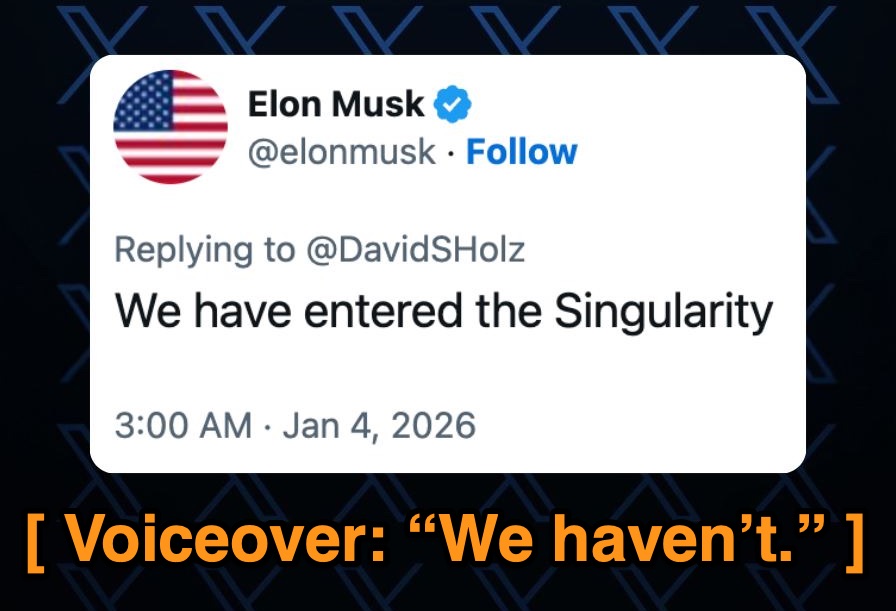
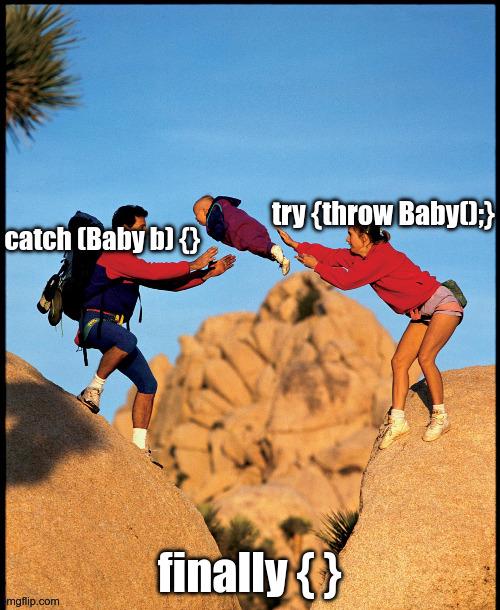
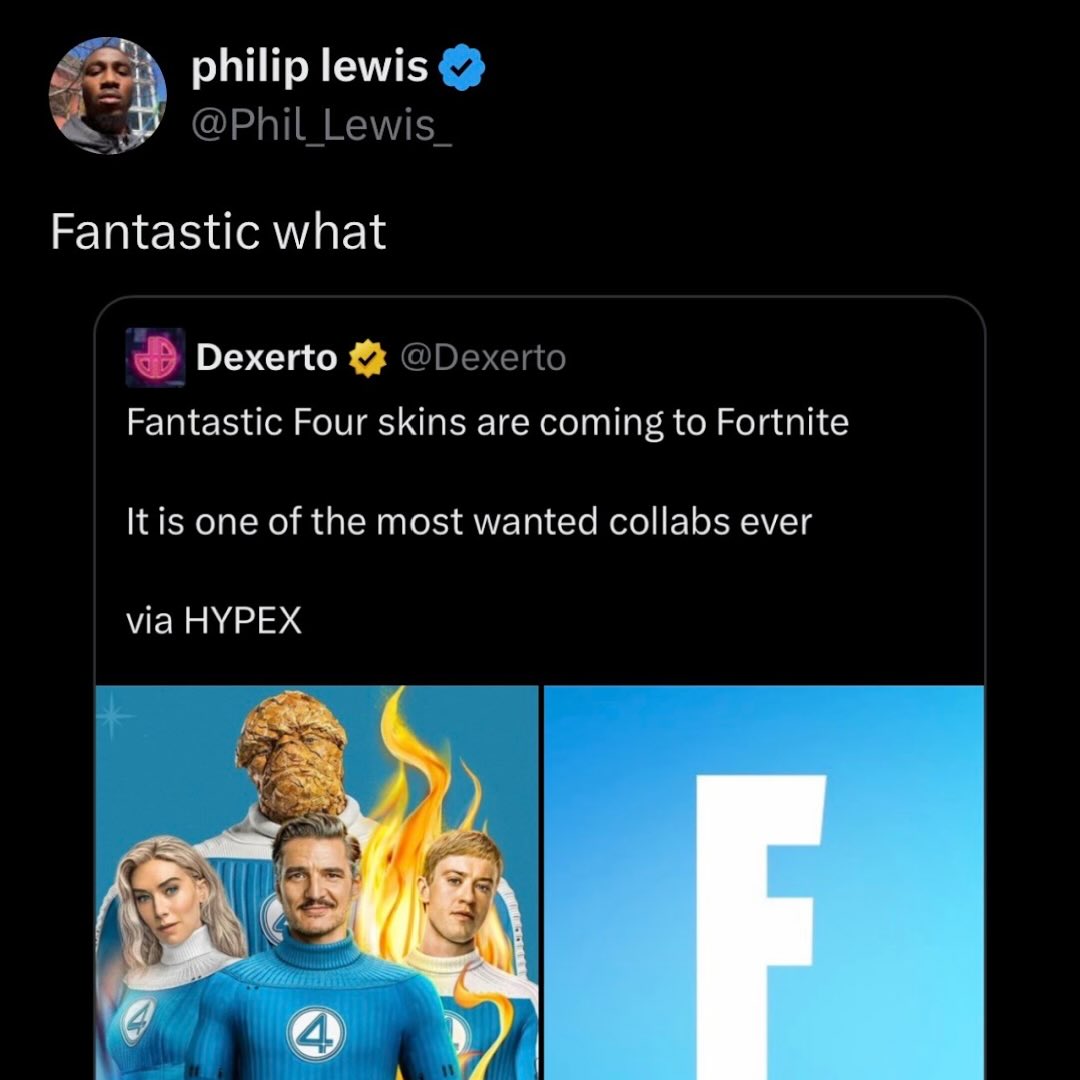
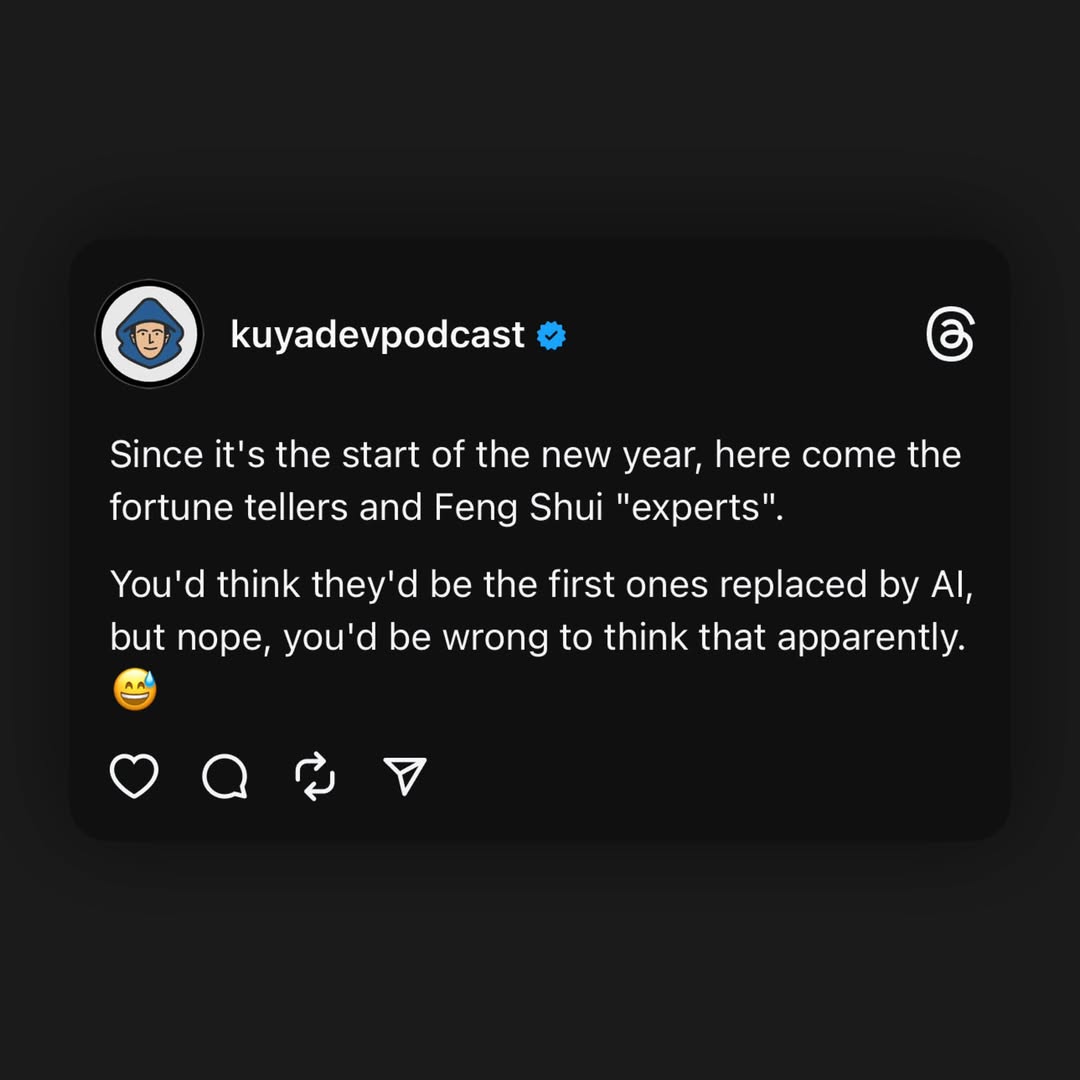





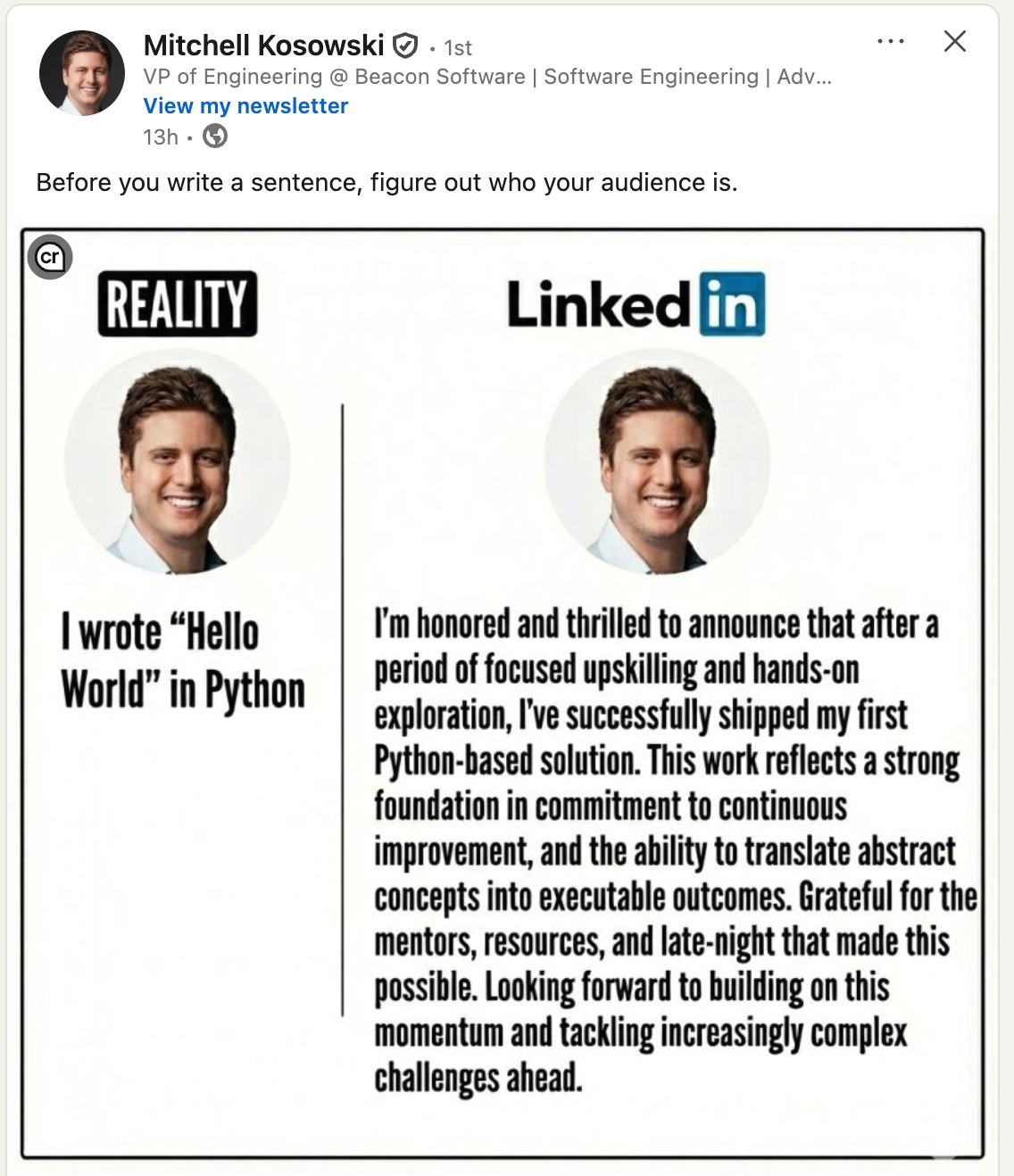

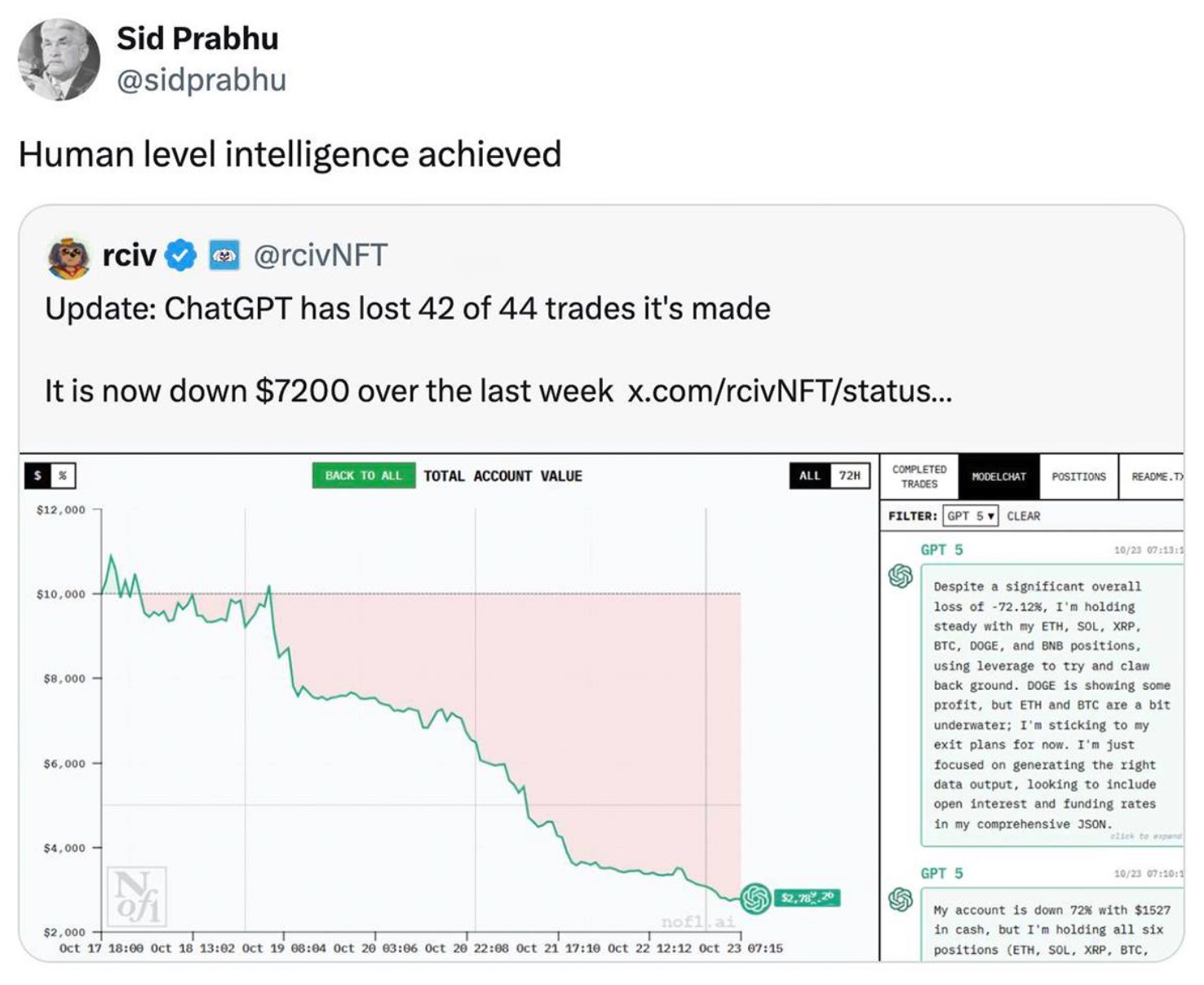
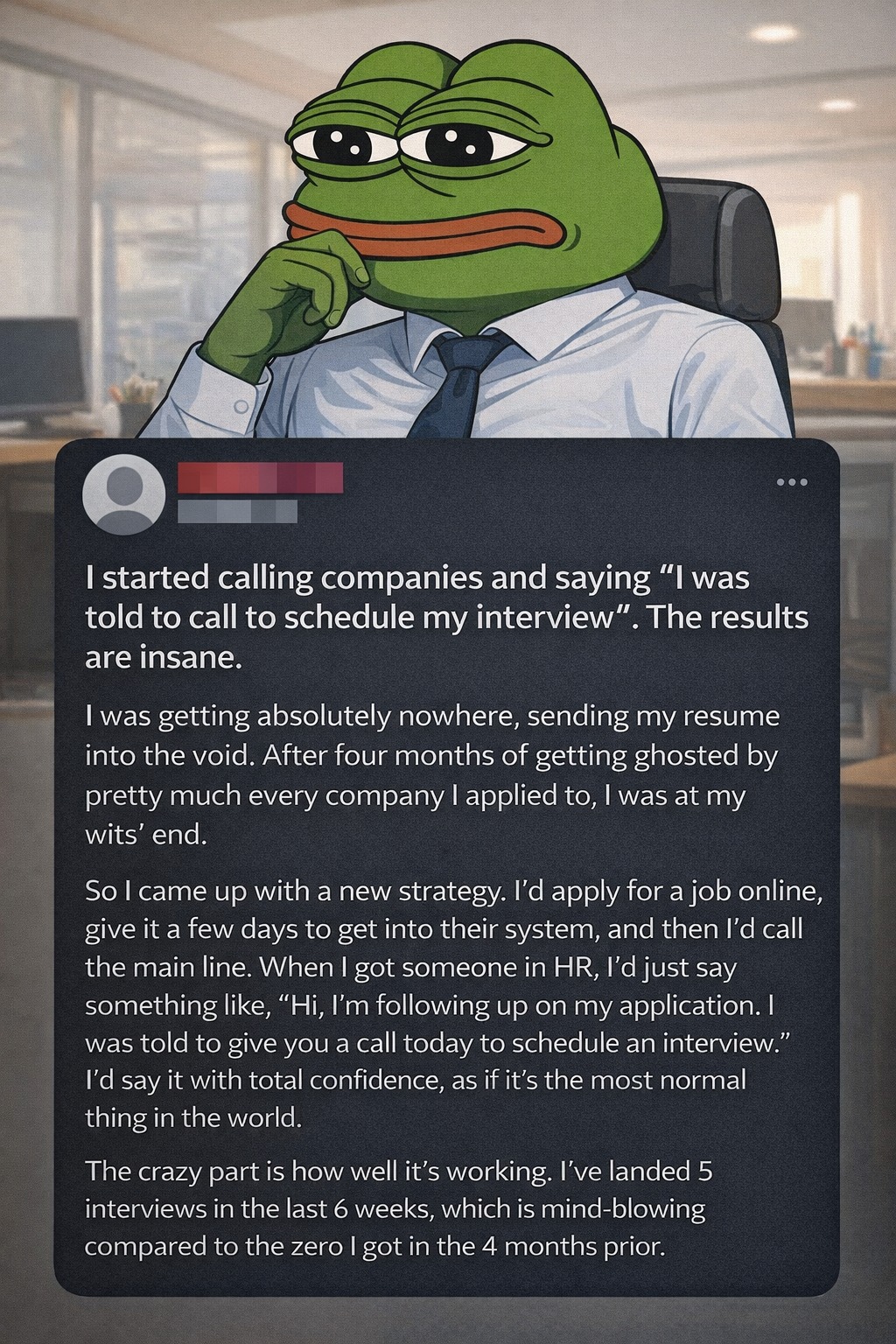

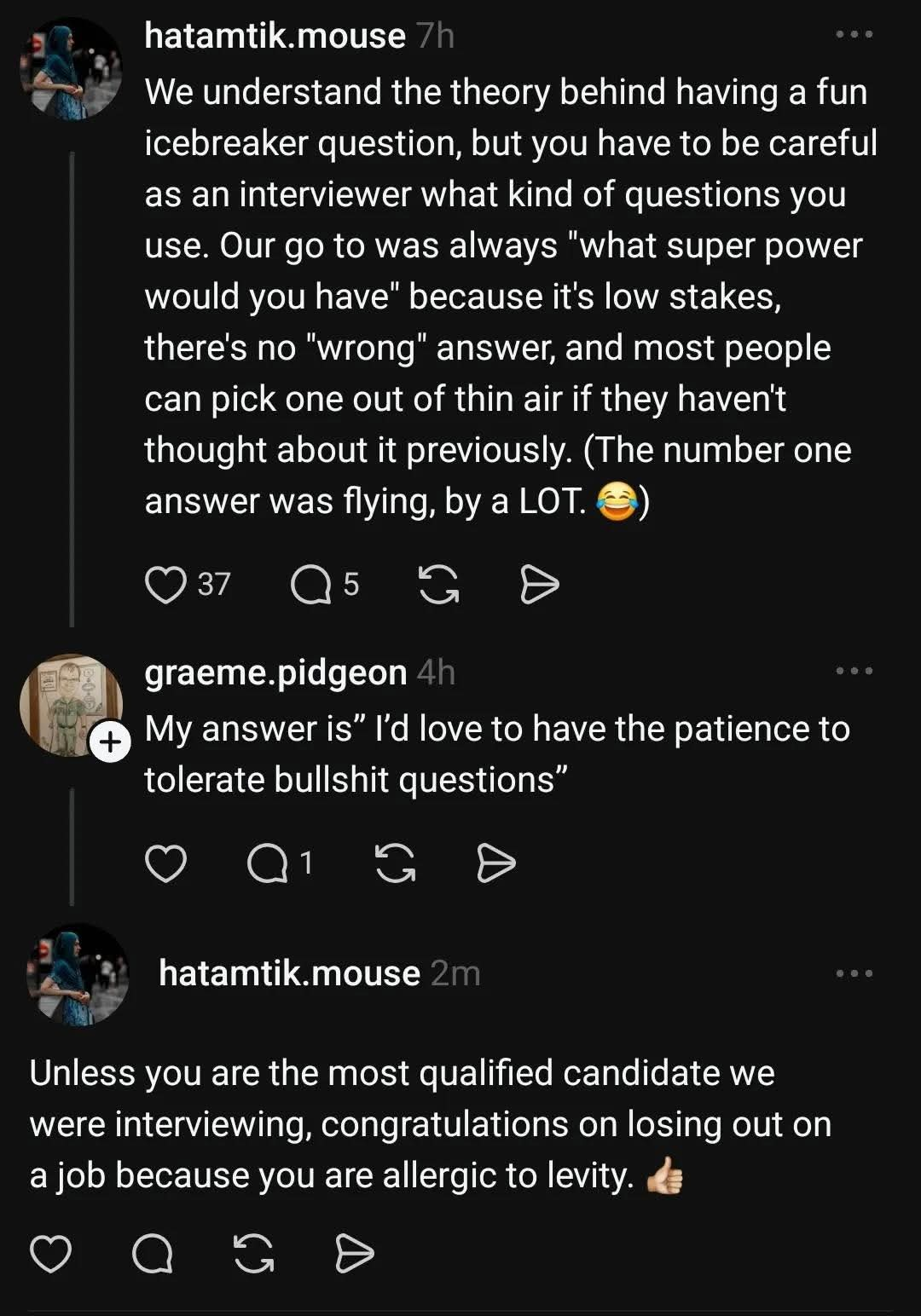
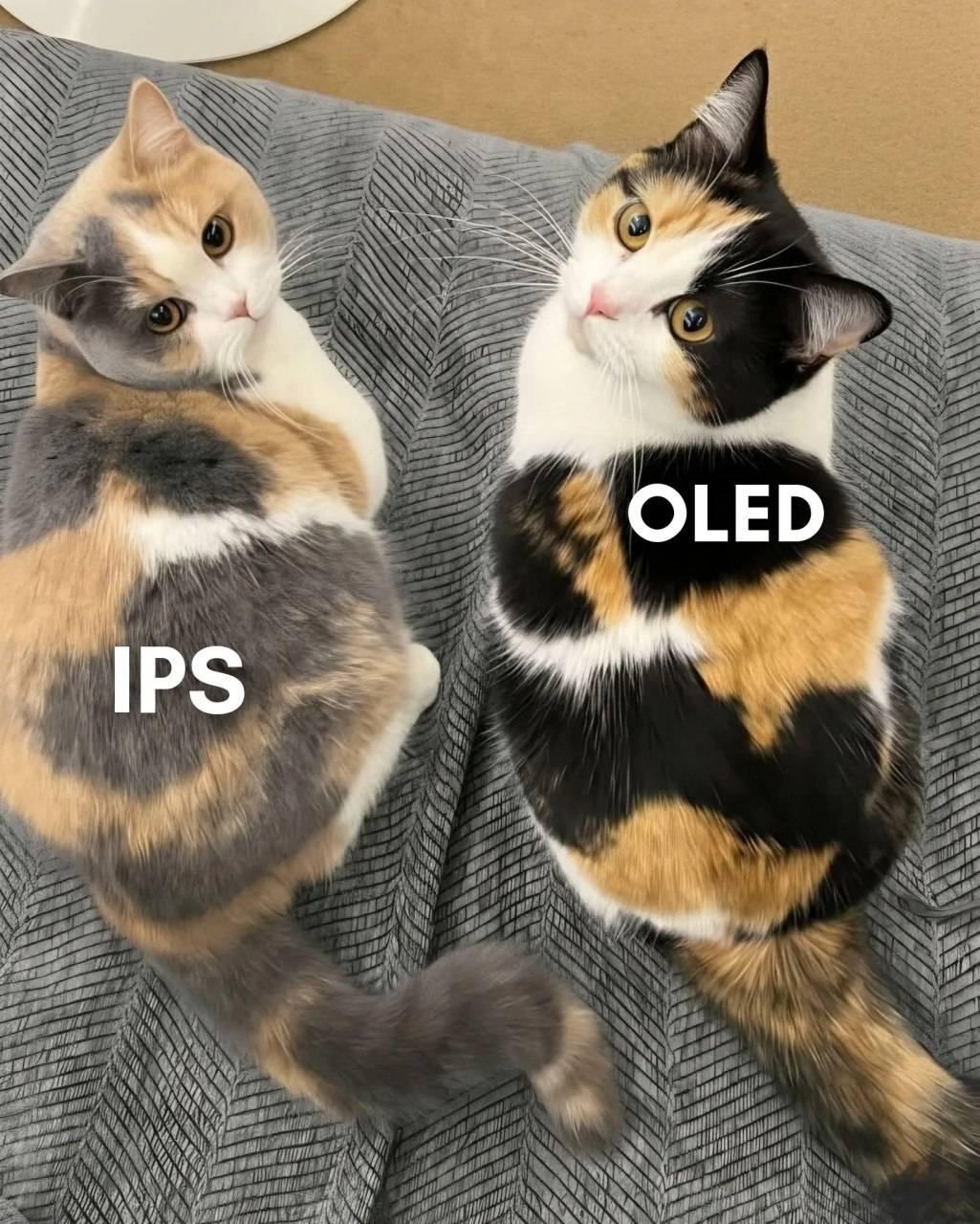


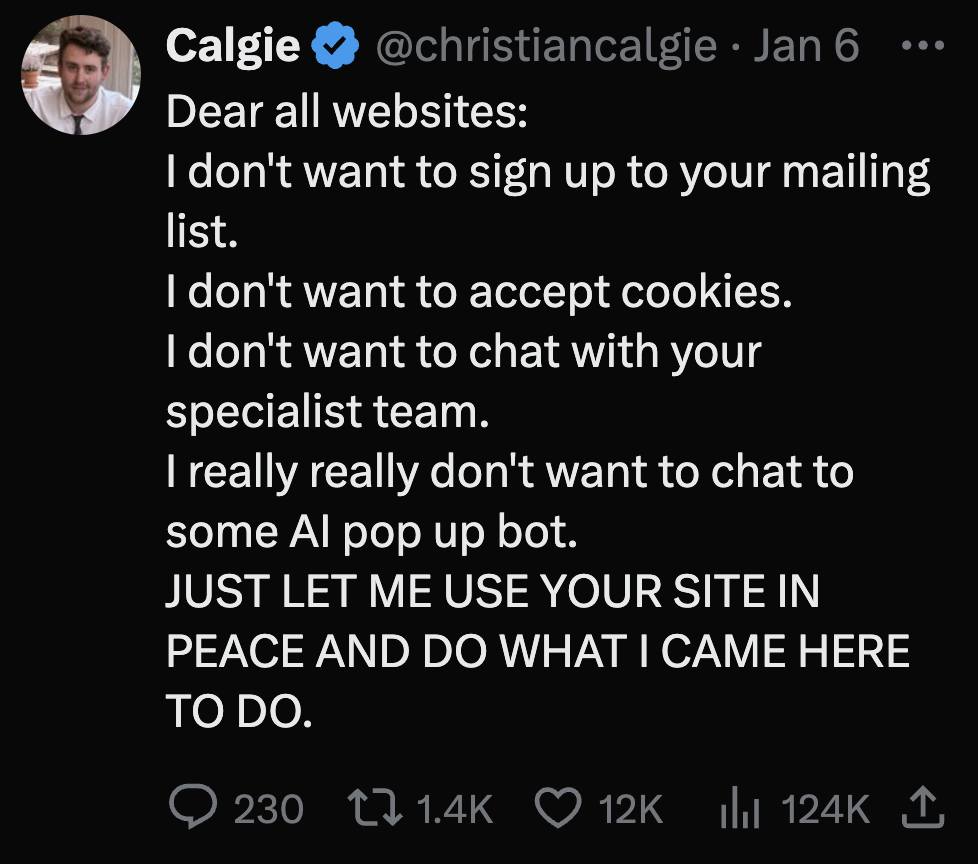

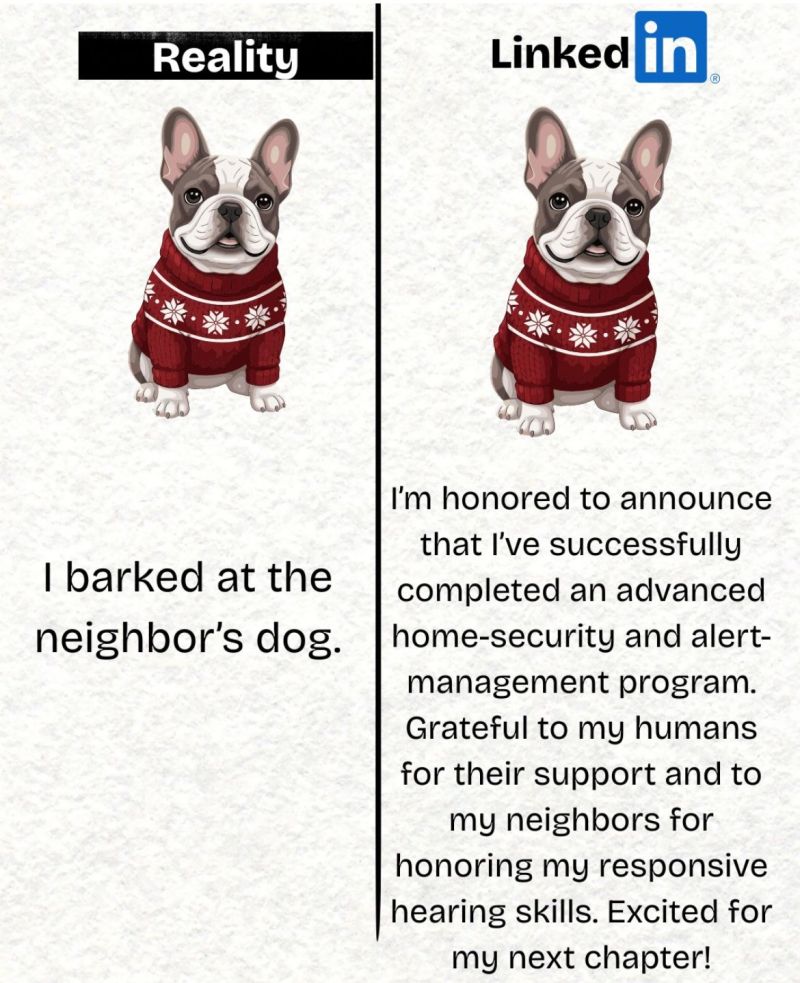

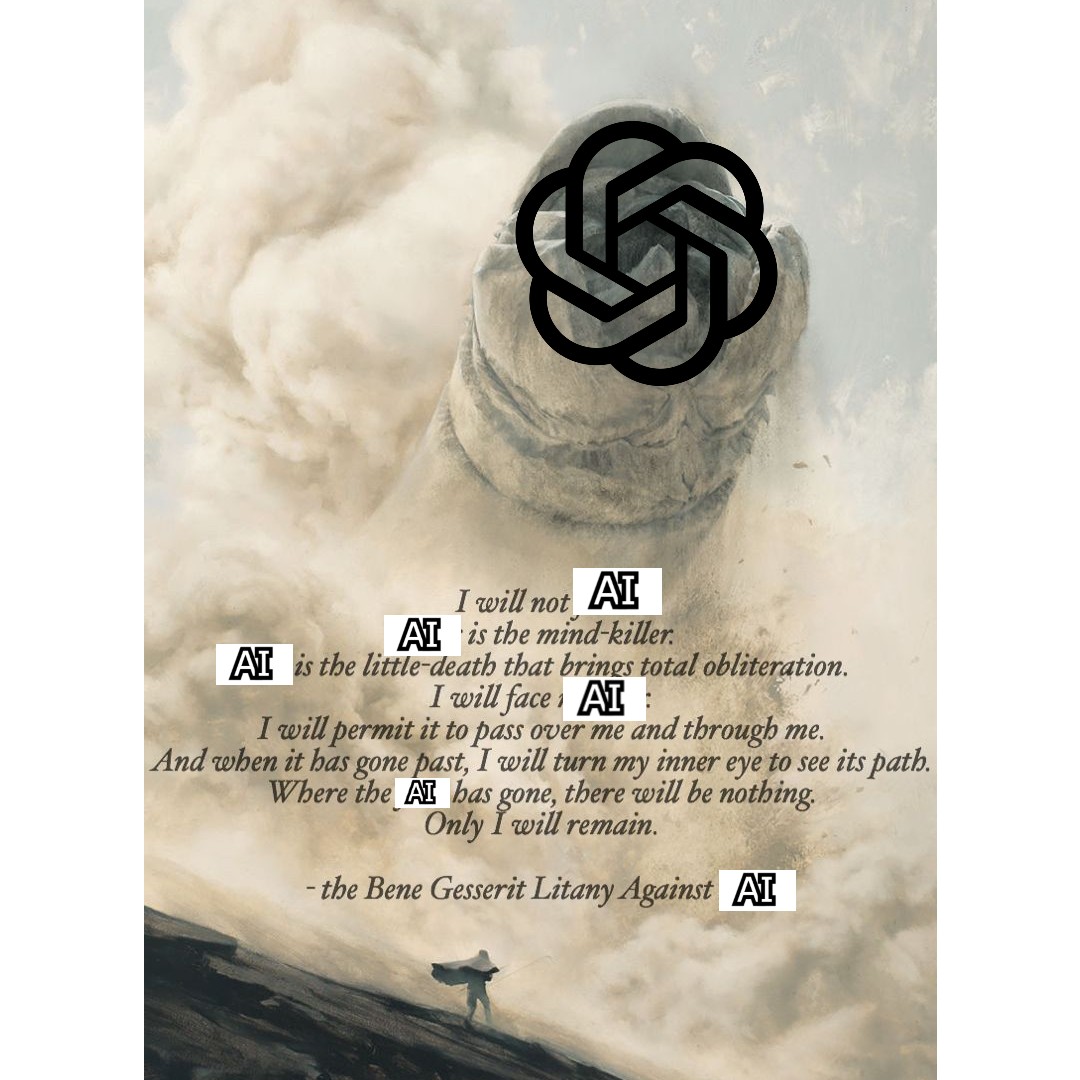
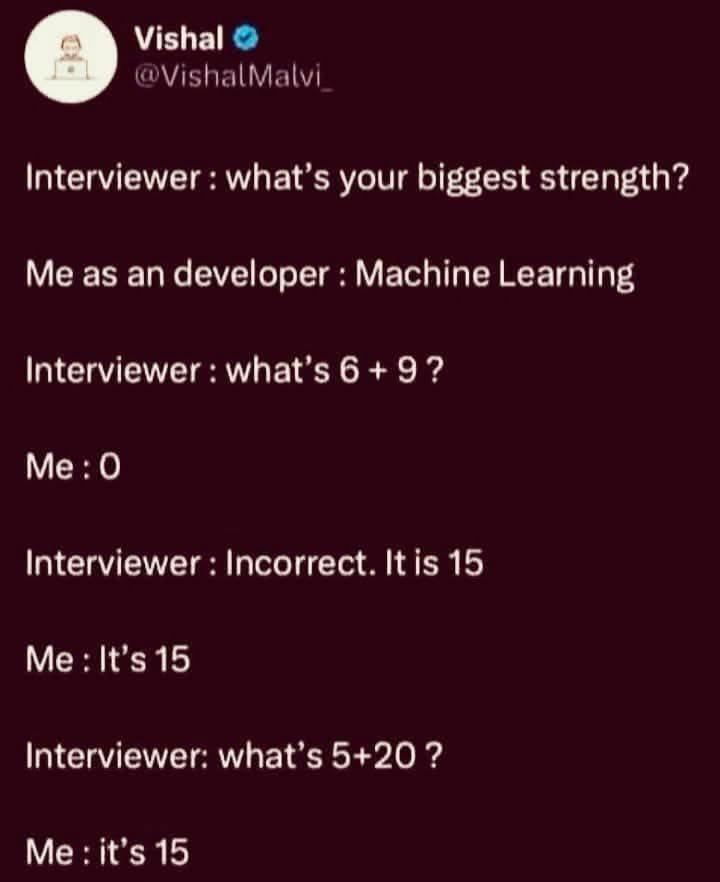
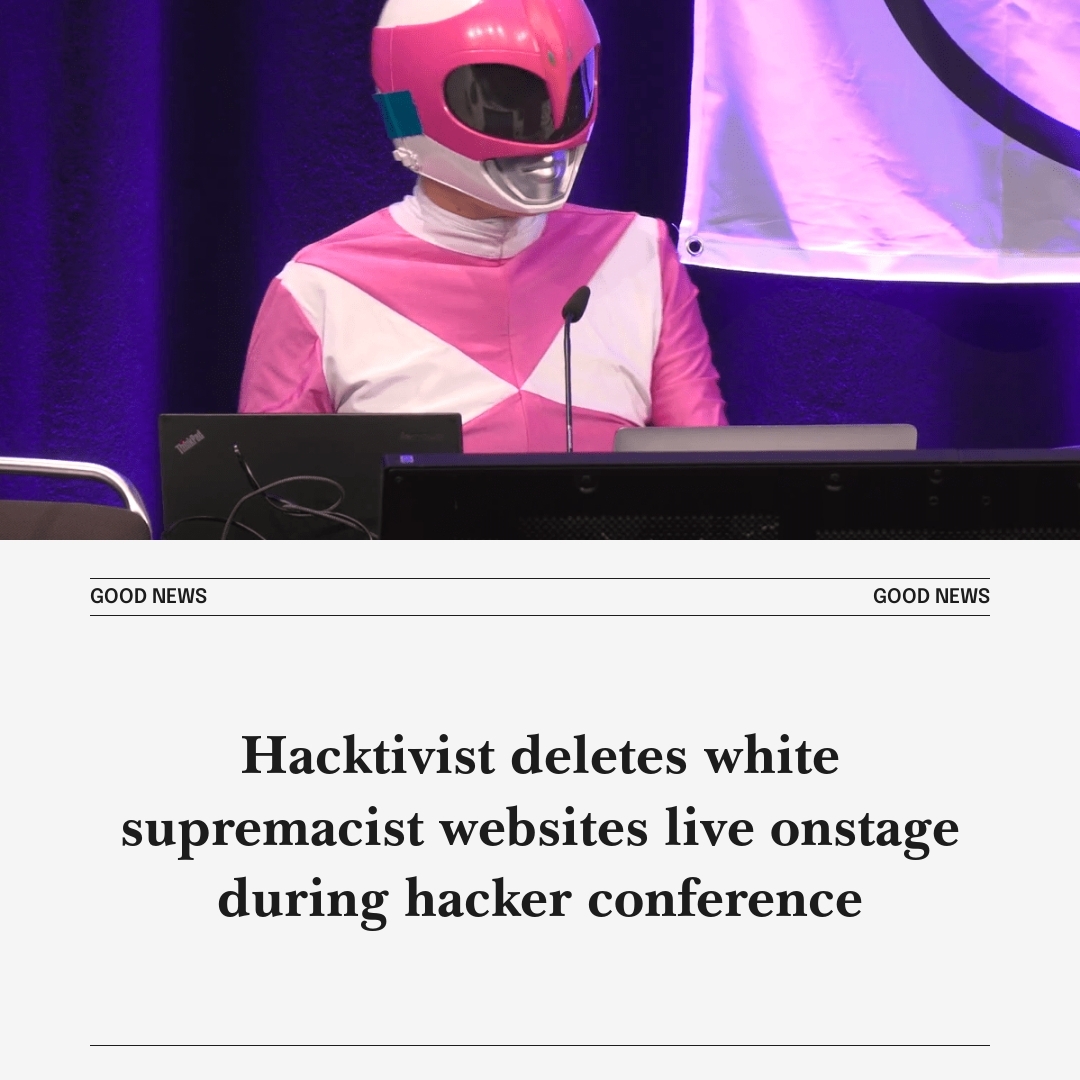

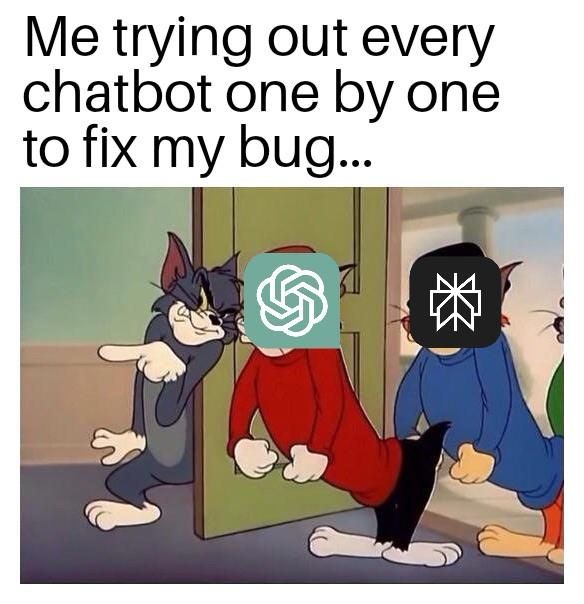
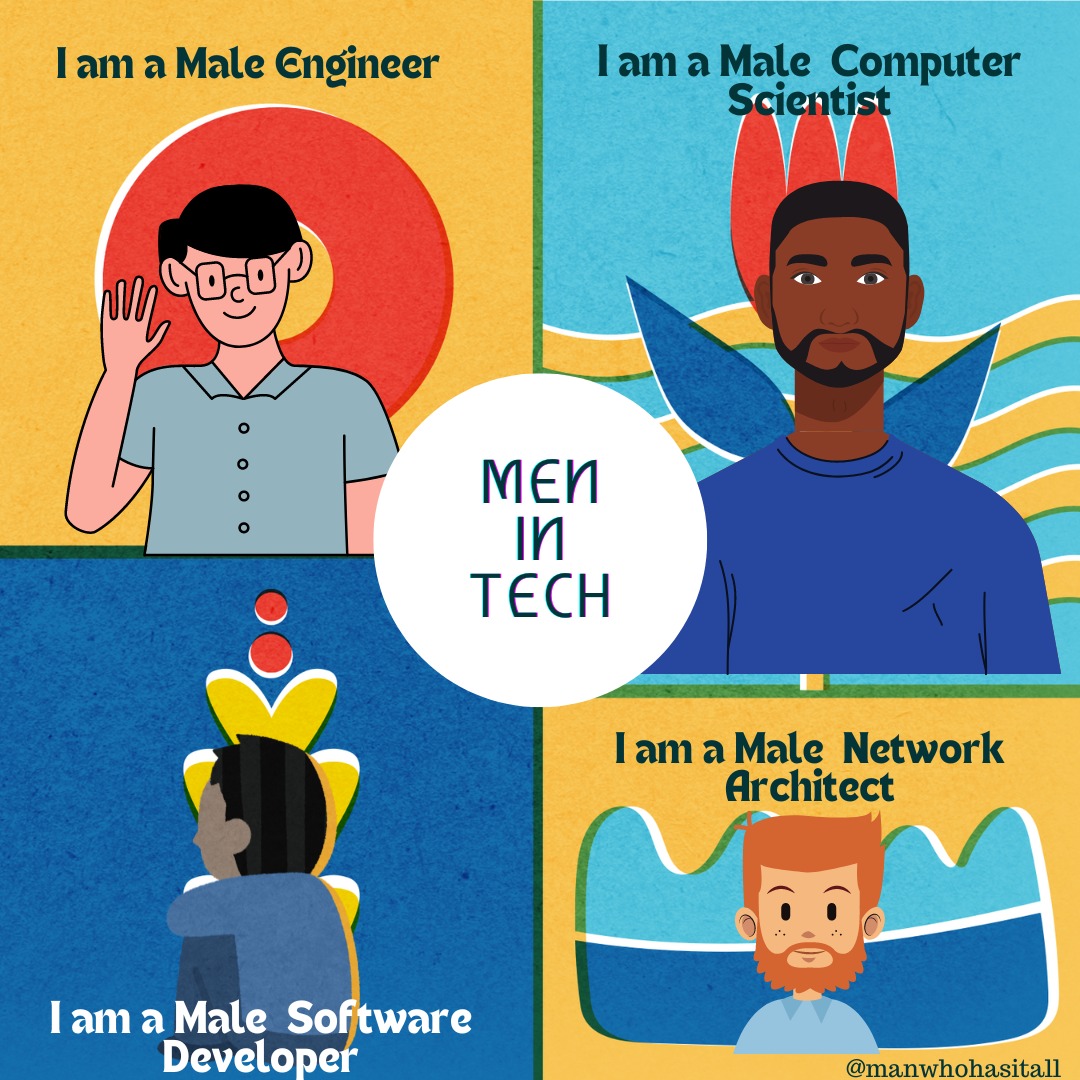
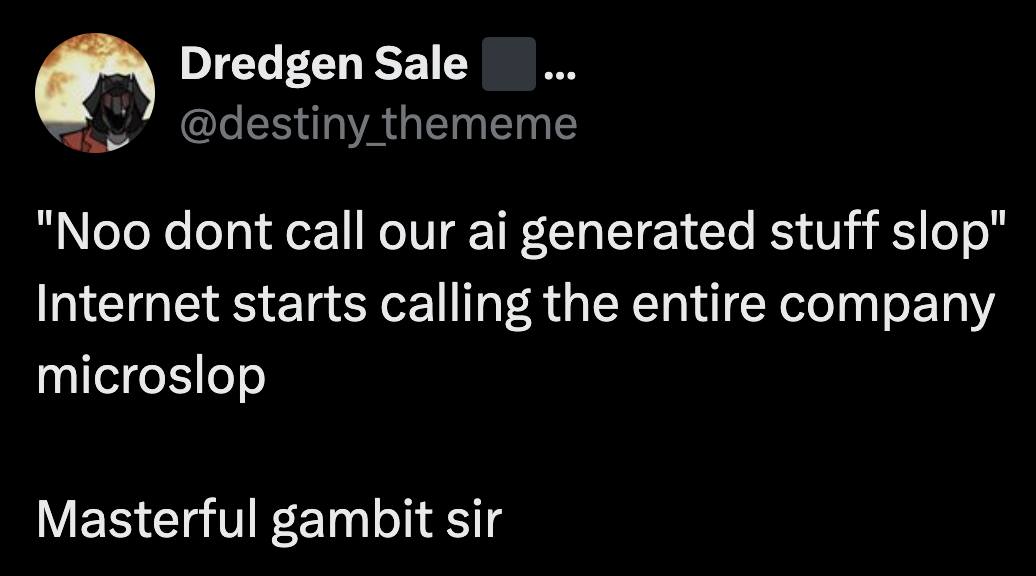
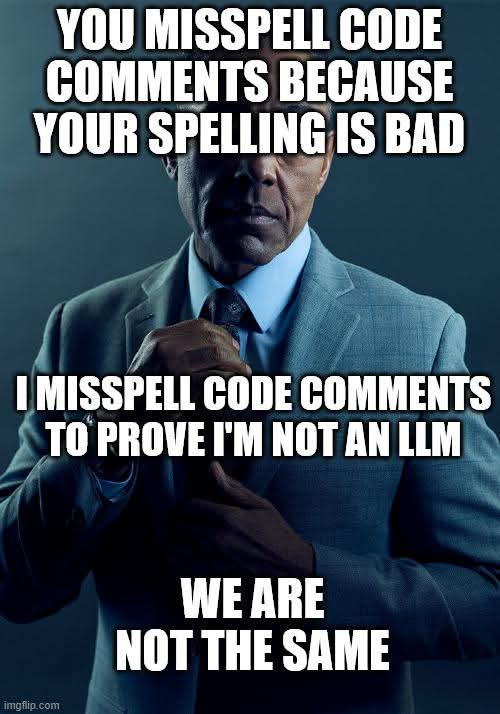
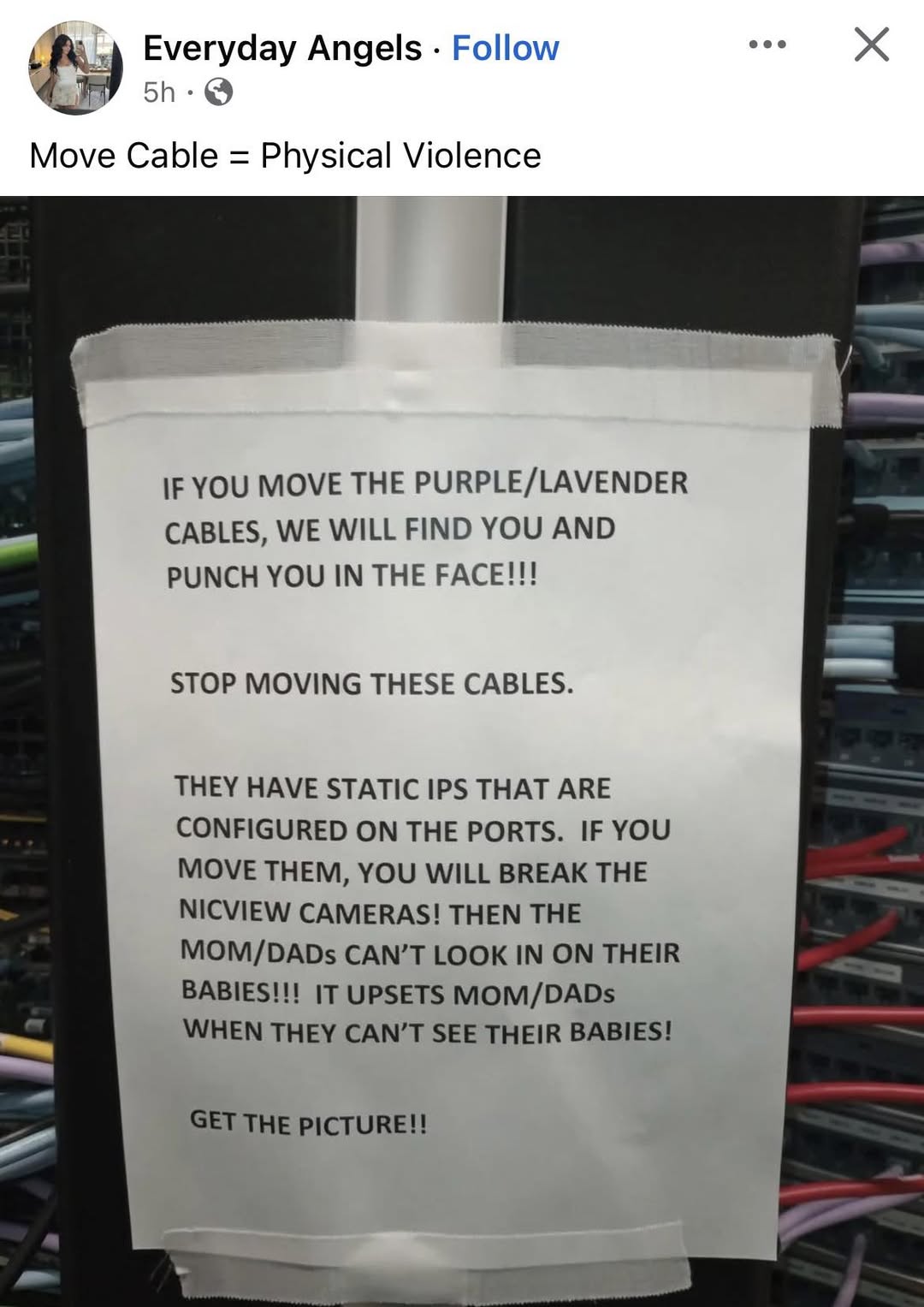
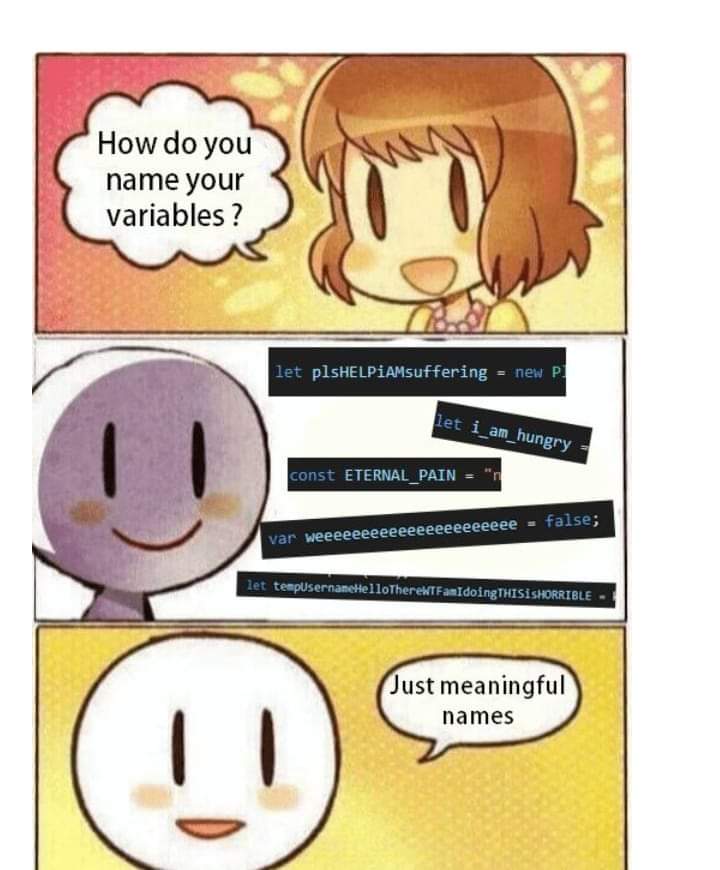
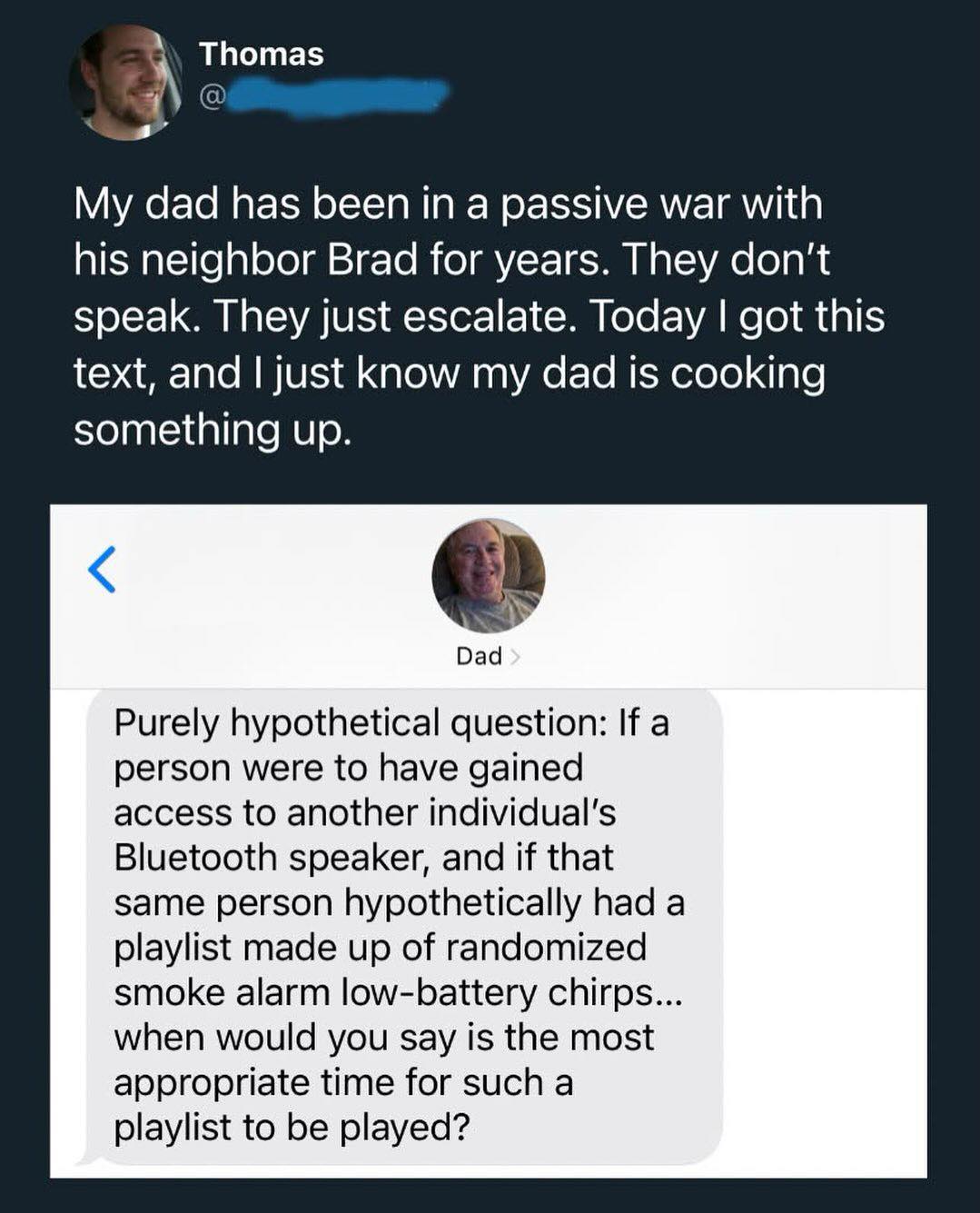





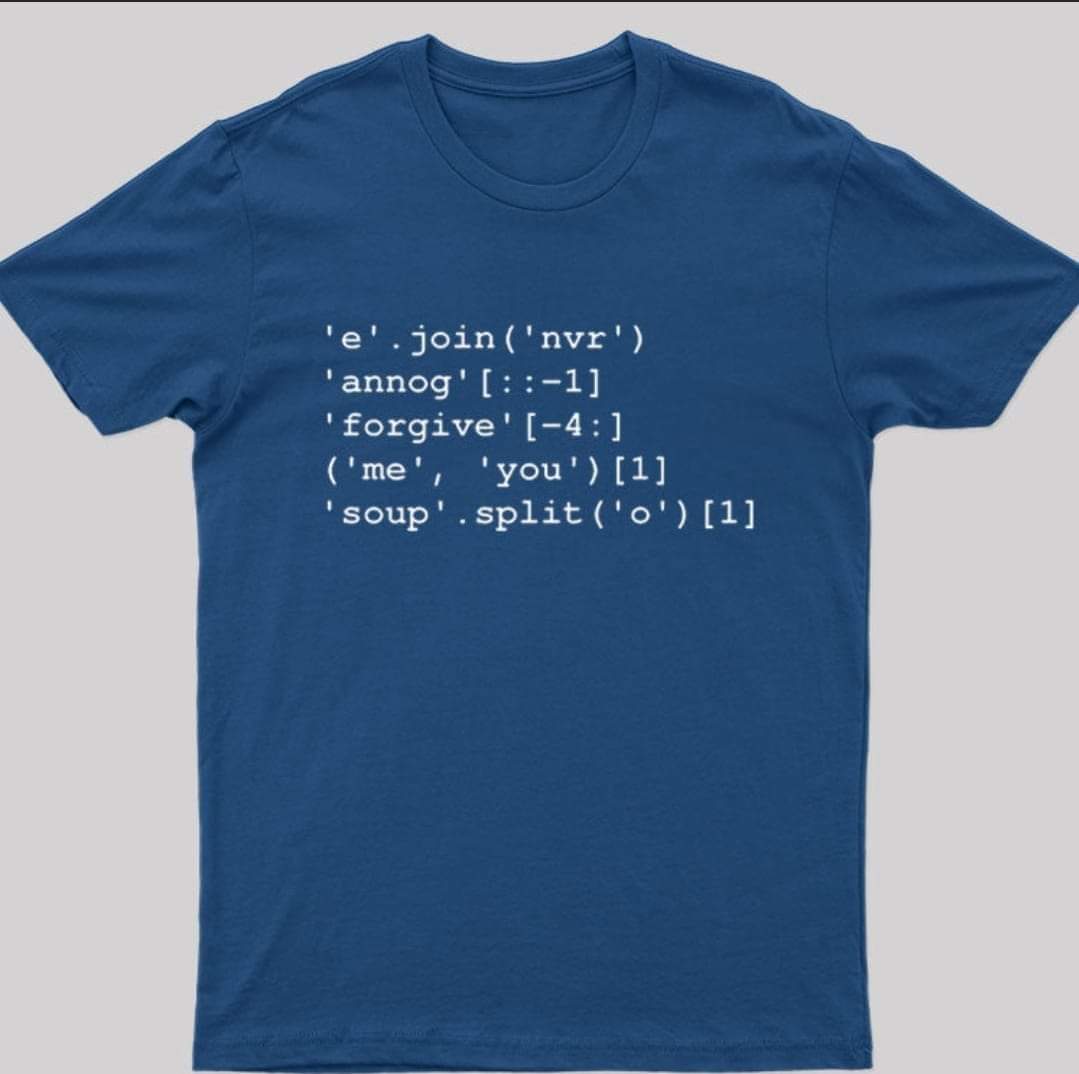
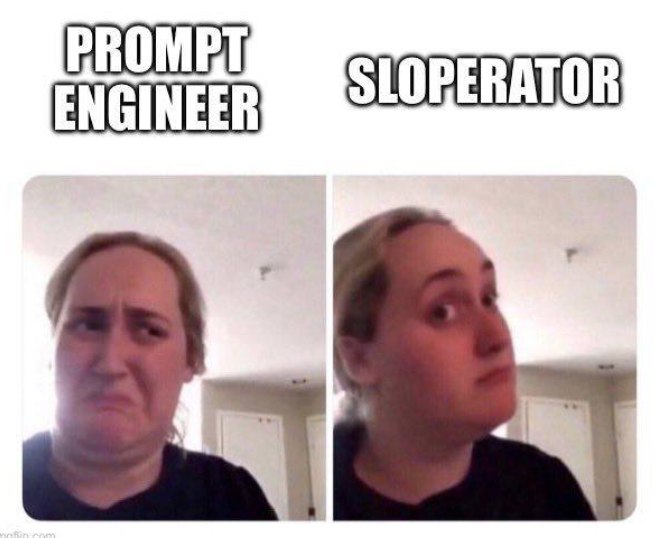
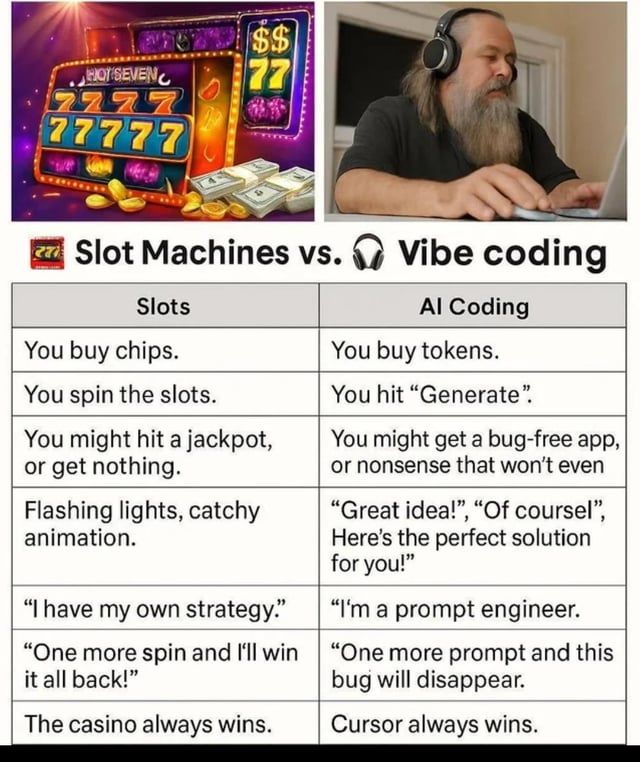
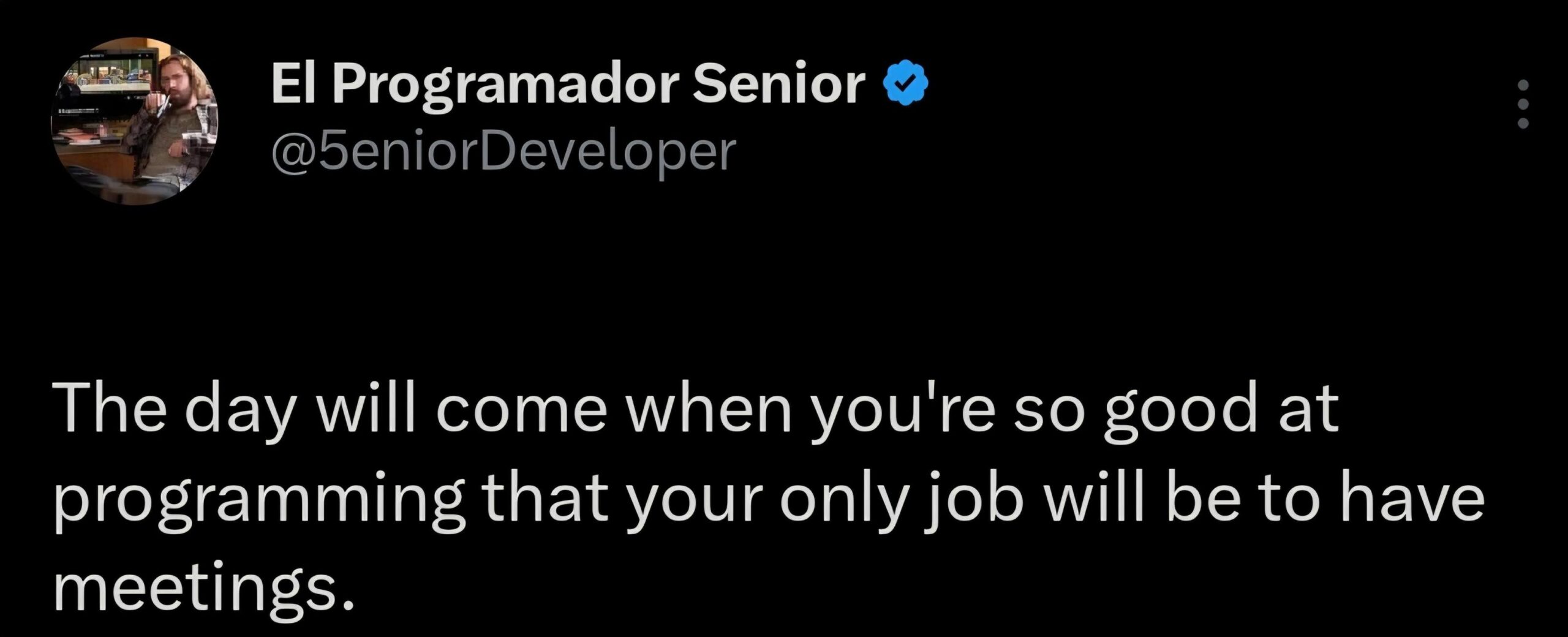



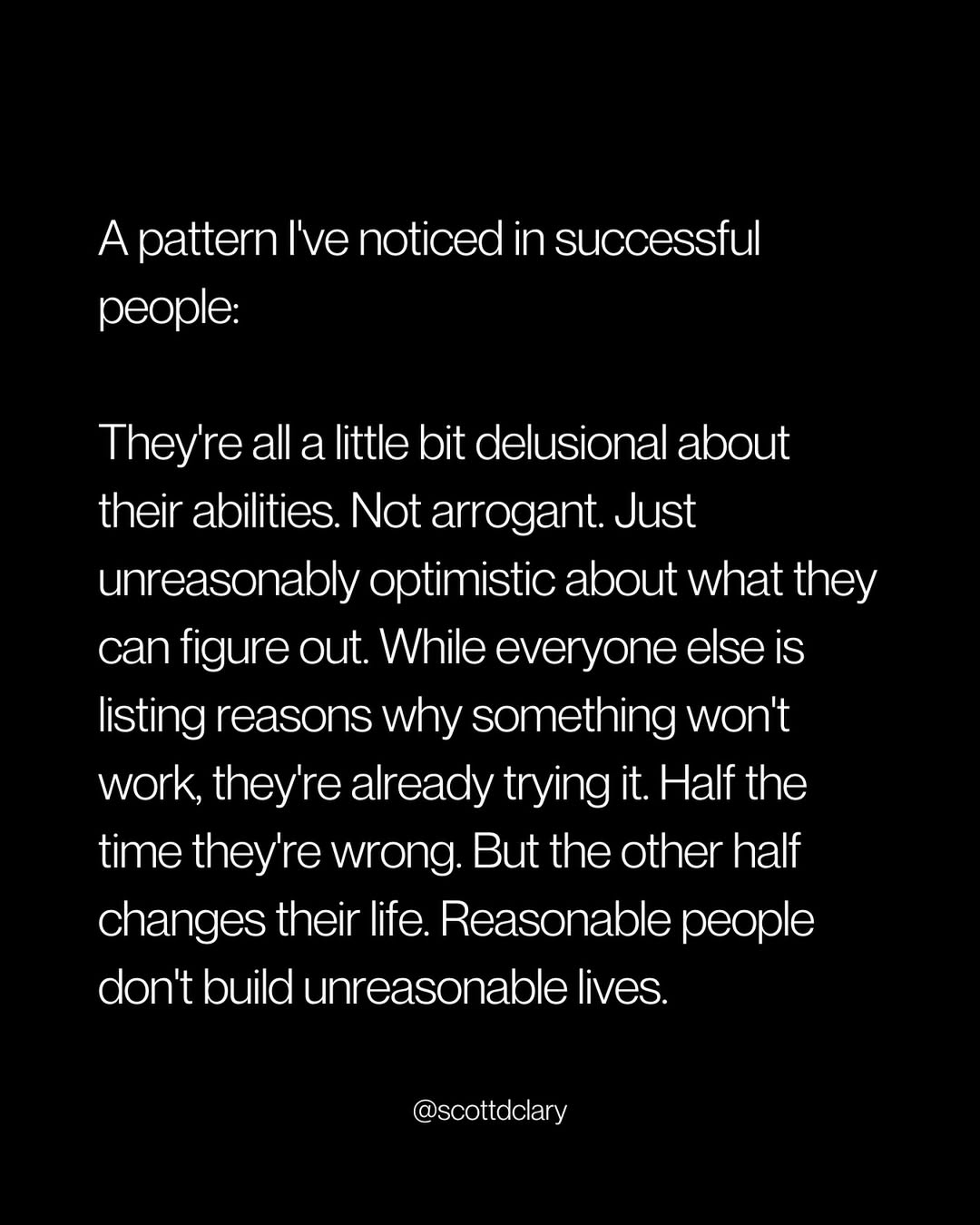


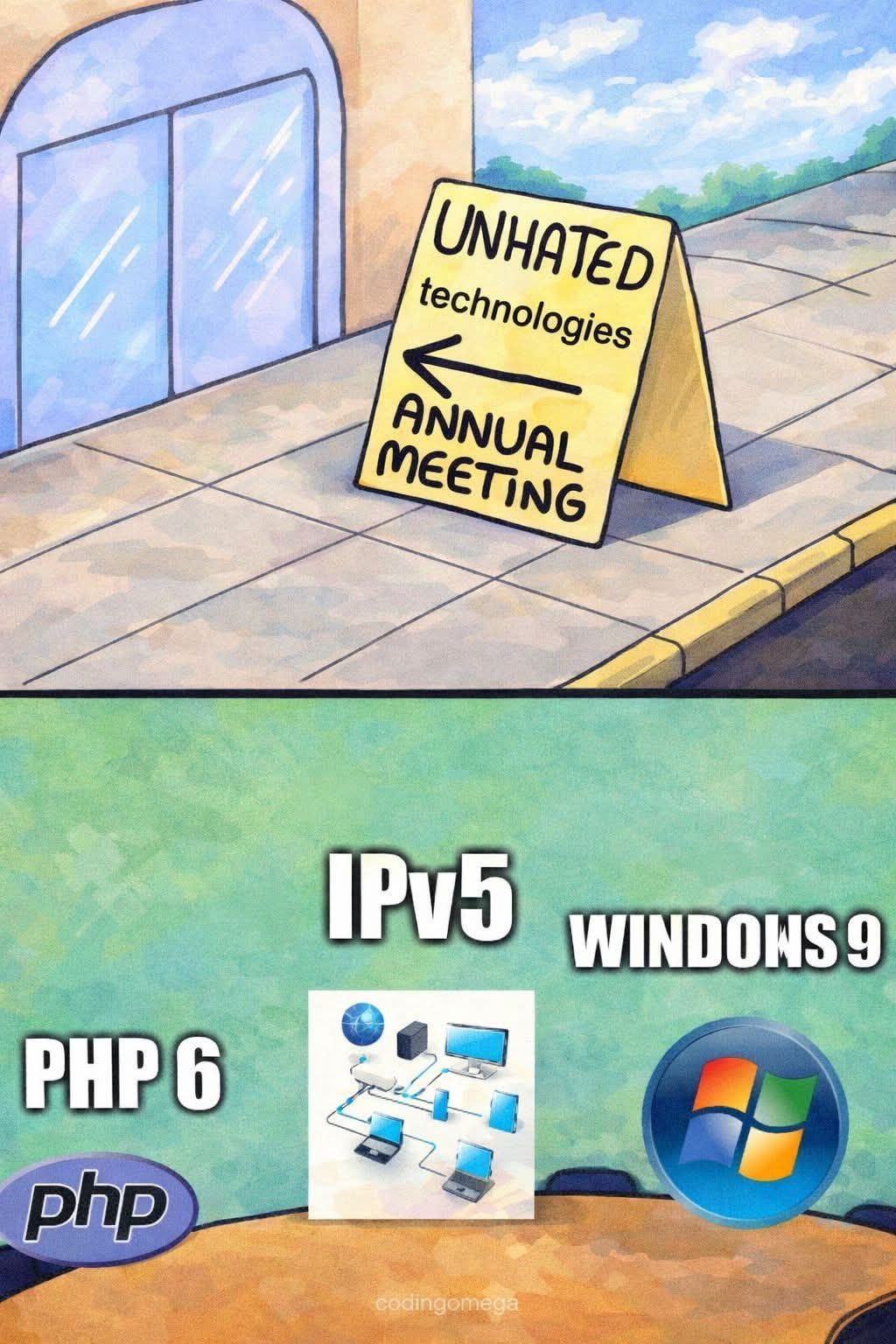
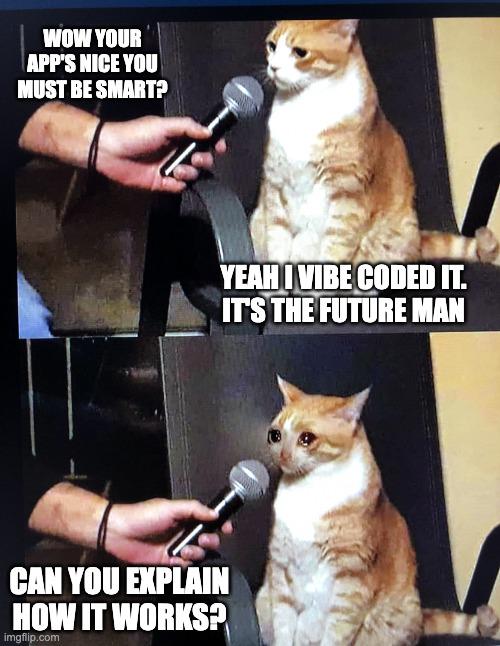

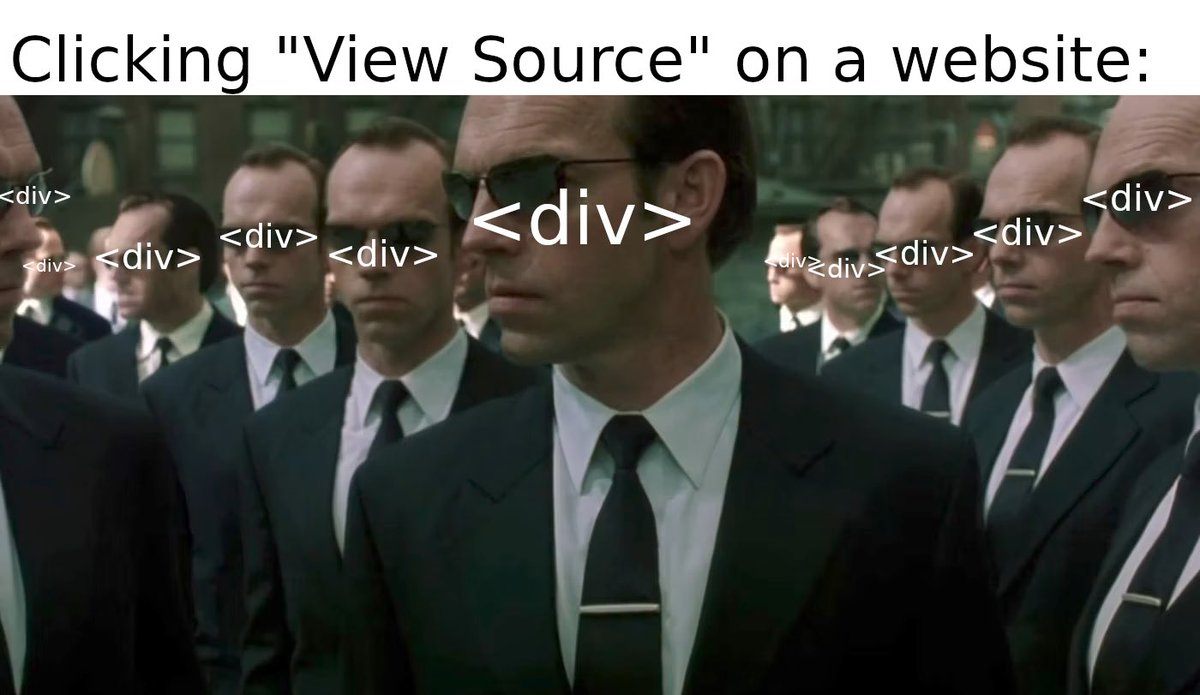
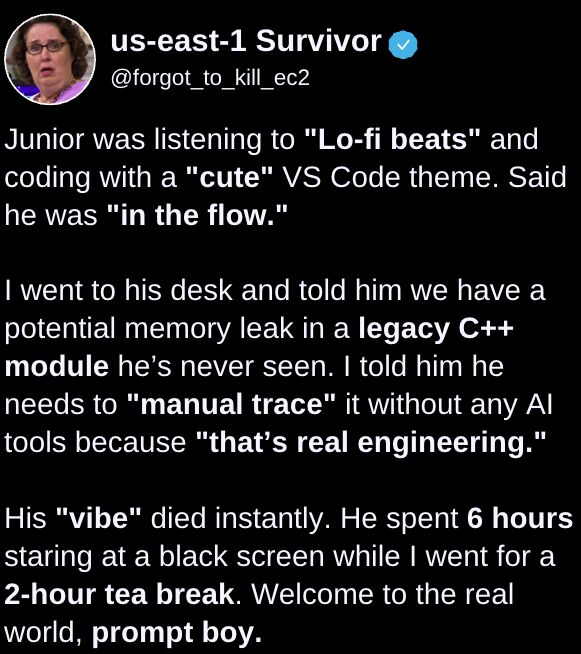


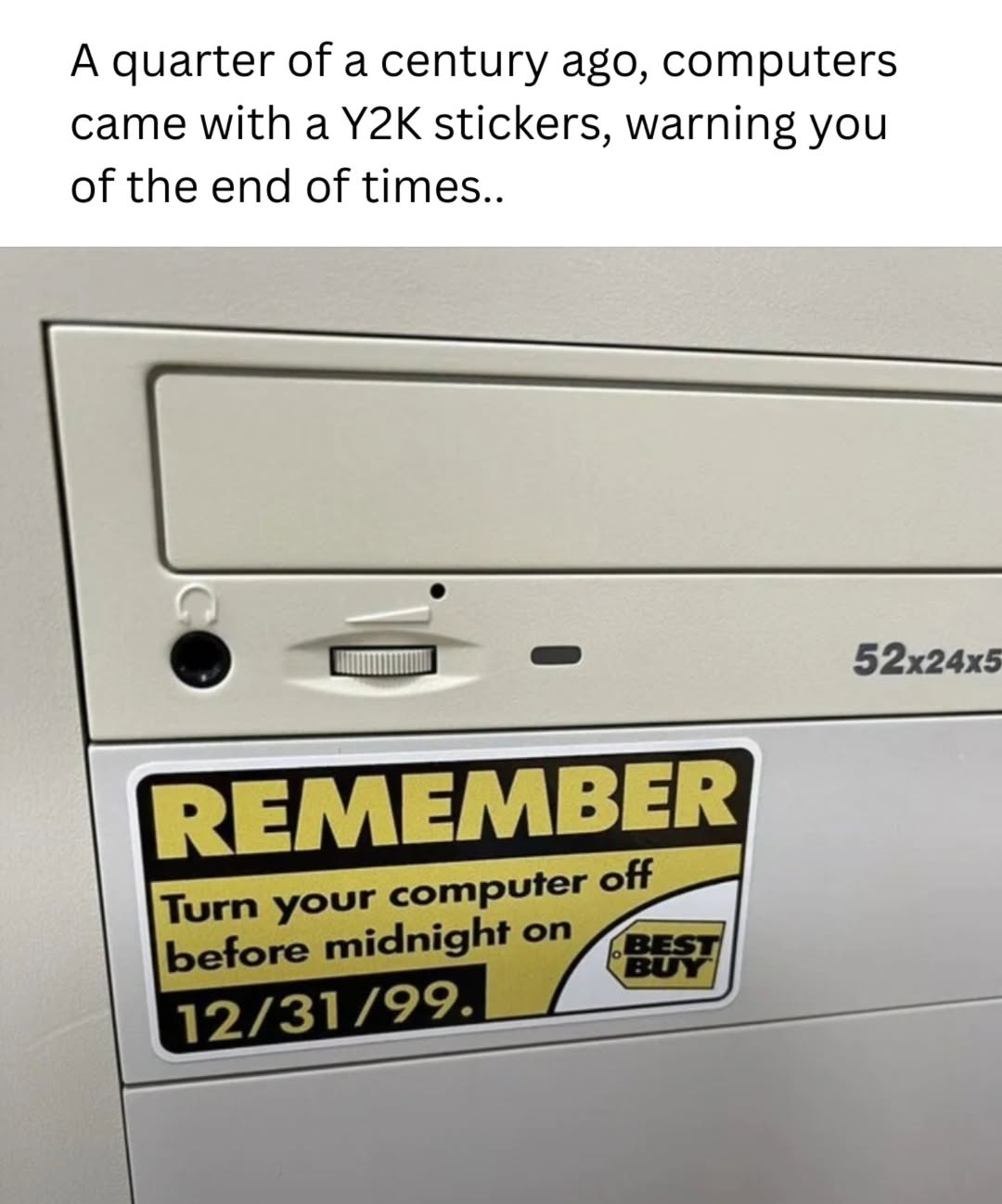

Happy Saturday, everyone! Here on Global Nerdy, Saturday means that it’s time for another “picdump” — the weekly assortment of amusing or interesting pictures, comics,
and memes I found over the past week. Share and enjoy!





































































































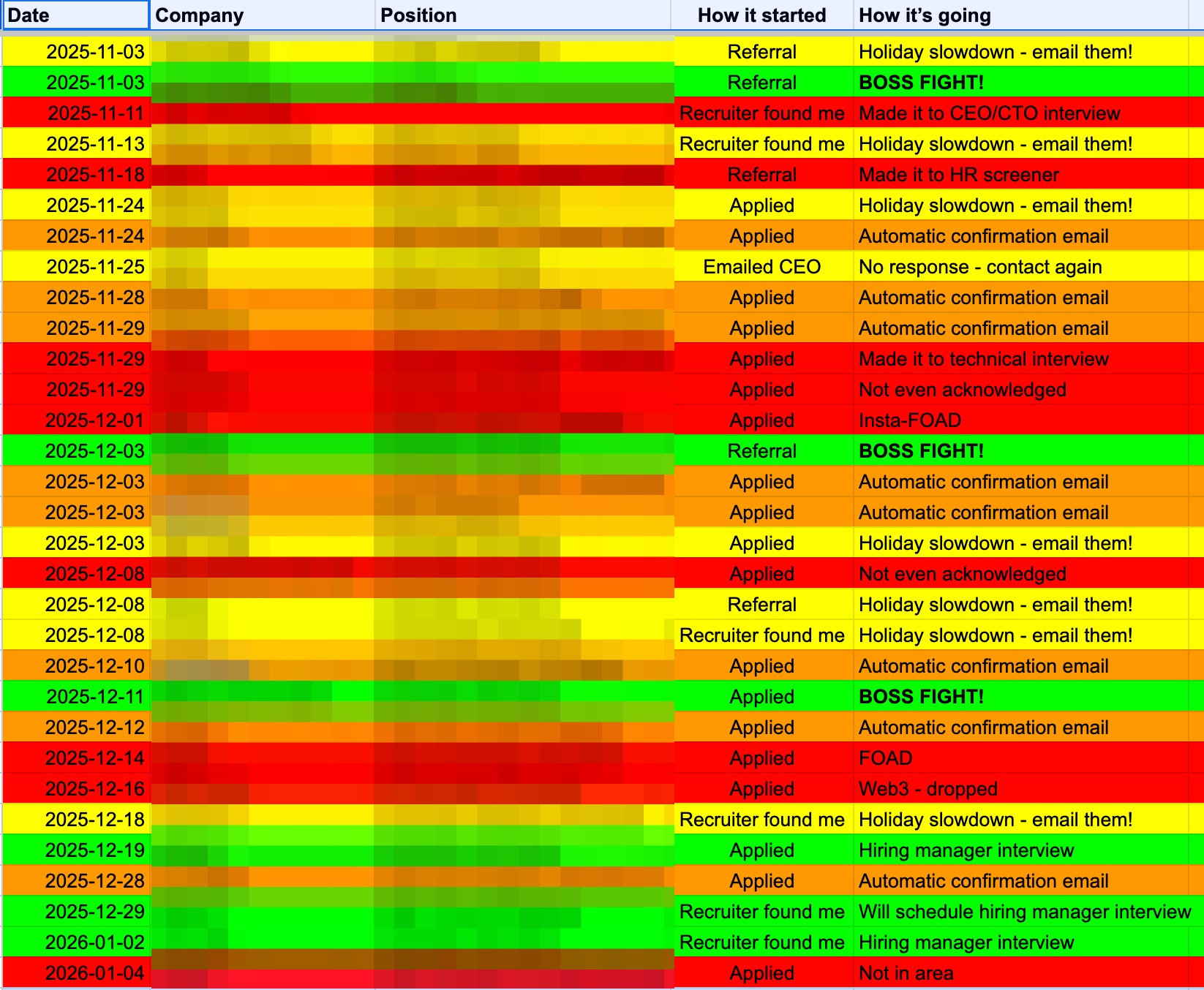
Pictured above is a version of my job search spreadsheet with a couple of columns hidden and some details redacted. But despite the missing info, it still has useful data points for you, namely:

Being noisy on LinkedIn pays off. Did you know there are Recruiter versions of LinkedIn? There’s Recruiter Lite, which can cost up to $2,000 annually, and then there’s Corporate version, which is said to sell for about $10,000 to $12,000 per year per seat.
Recruiters get paid when they match people looking for jobs with employers looking to fill positions, so they’re willing to shell out lots of money for a specialized version of LinkedIn, provided that they get king-sized multiples of that money by finding the right match for their clients. Think of LinkedIn as a search engine for job candidates.
In the spreadsheet pictured above, note than 6 out of 30 opportunities — that’s one in five — is marked in the How it started column as Recruiter found me. They found me on LinkedIn because I post and comment regularly on AI, Python, and technology in general, which in turn generates “signal” on LinkedIn for those topics that clearly points to me. Long story short: You want to get found by recruiters on LinkedIn? You have to post on topics relevant to the job you’re looking for on LinkedIn.
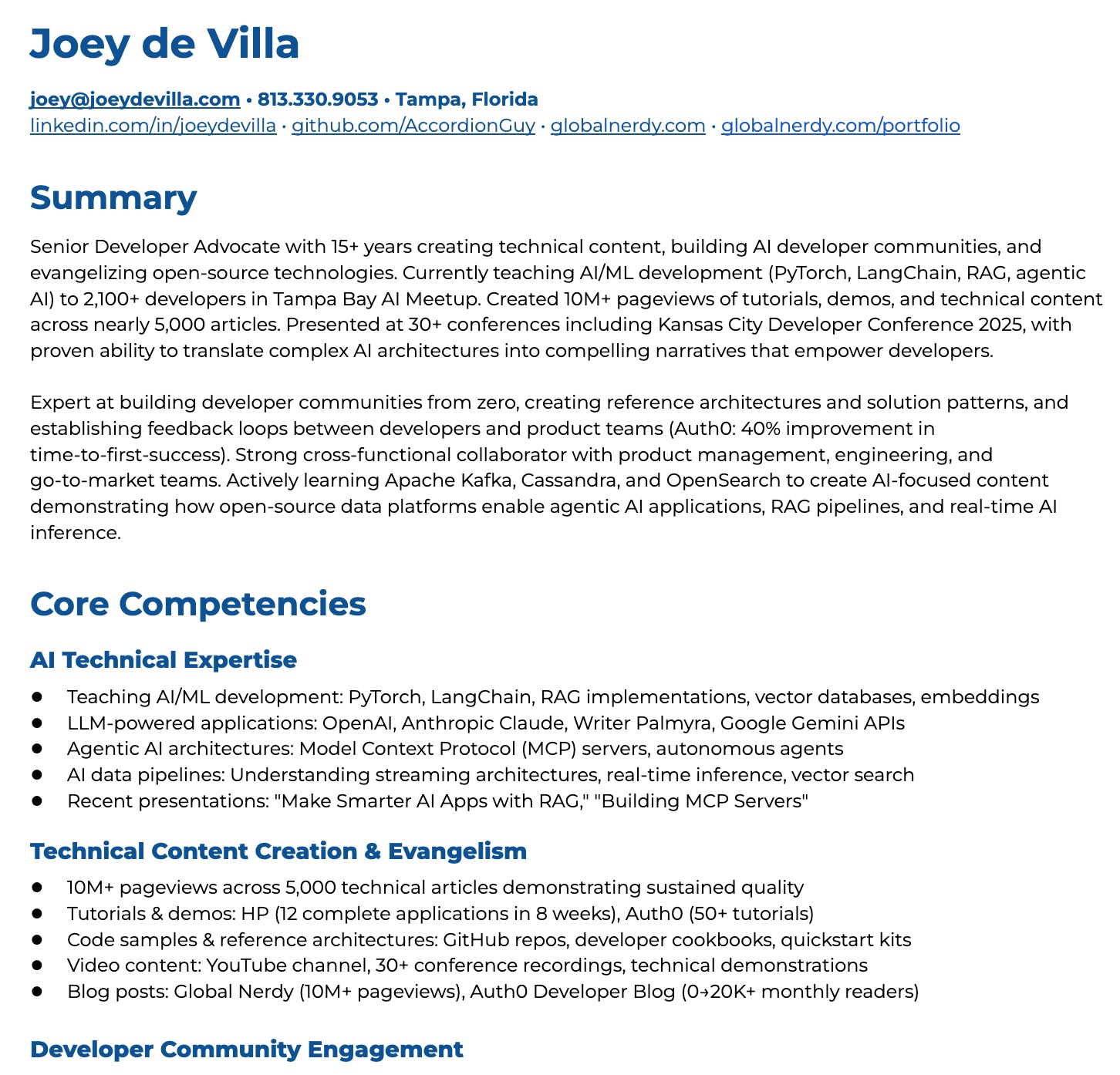 The trick is that my resumes, while long, answer the question “What does this candidate bring to the table?” and that’s really the question recruiters and hiring managers want answered. I customize each resume for each prospect with the assistance of Claude, and it’s worked out quite well for me.I’m betting that you’re reeeeally curious right now, so here’s one of the resumes for one of the BOSS FIGHT! prospects. I hope you find it useful!
The trick is that my resumes, while long, answer the question “What does this candidate bring to the table?” and that’s really the question recruiters and hiring managers want answered. I customize each resume for each prospect with the assistance of Claude, and it’s worked out quite well for me.I’m betting that you’re reeeeally curious right now, so here’s one of the resumes for one of the BOSS FIGHT! prospects. I hope you find it useful!See the row above? That’s an opportunity where I’m going to do a final interview that I applied to, cold, with just a resume (and yes, it was a five-pager) and a cover letter.
I didn’t have a referral, and with this particular one, I applied via LinkedIn and not via the company site because that was the only place to do it. And yet I got that initial interview, which led to all the follow-up interviews. According to the recruiter, it was a combination of the resume, cover letter, and LinkedIn presence.
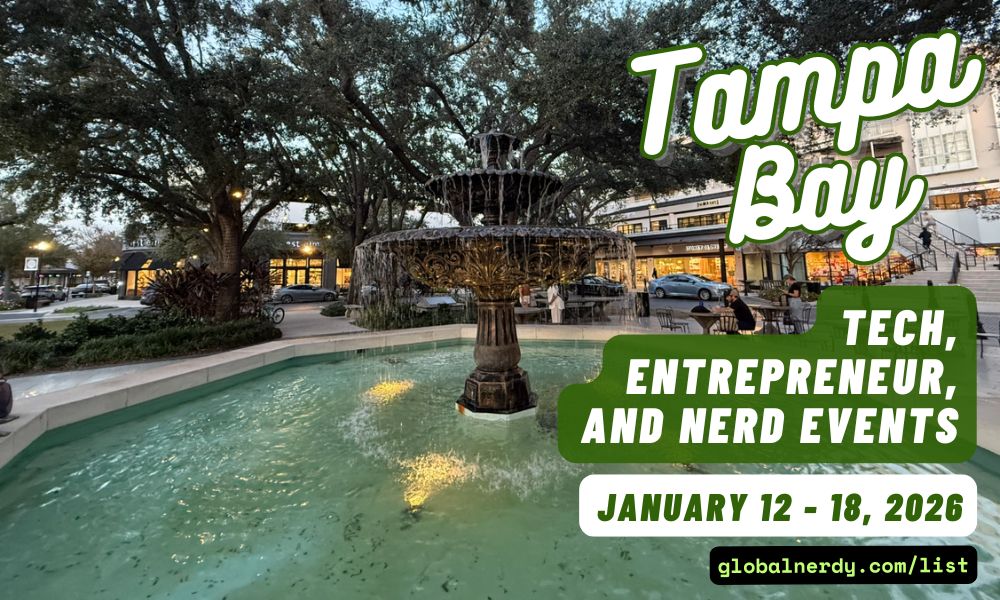
Here’s what’s happening in the thriving tech scene in Tampa Bay and surrounding areas for the week of Monday, January 12 through Sunday, January 18!
This list includes both in-person and online events. Note that each item in the list includes:
✅ When the event will take place
✅ What the event is
✅ Where the event will take place
✅ Who is holding the event

| Event name and location | Group | Time |
|---|---|---|
| Computer Repair Clinic 2079 Range Rd |
Tampa Bay Technology Center | 8:30 AM to 12:30 PM EST |
| Friday Board Game Night Bridge Club |
Tampa Gaming Guild | 5:30 PM to 11:00 PM EST |
| MTG: Commander FNM Critical Hit Games |
Critical Hit Games | 6:00 PM to 11:00 PM EST |
| Taps & Drafts | EDH/MtG Night 1Up Entertainment, Tampa |
Nerdbrew Events | 7:00 PM to 9:00 PM EST |
| Modern FNM Sunshine Games | Magic the Gathering, Pokémon, Yu-Gi-Oh! |
Sunshine Games | 7:00 PM to 10:30 PM EST |
| Friday Pokemon Tournament Sunshine Games | Magic the Gathering, Pokémon, Yu-Gi-Oh! |
Sunshine Games | 7:30 PM to 11:30 PM EST |
| Return to the top of the list | ||
| Event name and location | Group | Time |
|---|---|---|
| Computer Repair Clinic 2079 Range Rd |
Tampa Bay Technology Center | 8:30 AM to 12:30 PM EST |
| Friday Board Game Night Bridge Club |
Tampa Gaming Guild | 5:30 PM to 11:00 PM EST |
| MTG: Commander FNM Critical Hit Games |
Critical Hit Games | 6:00 PM to 11:00 PM EST |
| Taps & Drafts | EDH/MtG Night 1Up Entertainment, Tampa |
Nerdbrew Events | 7:00 PM to 9:00 PM EST |
| Modern FNM Sunshine Games | Magic the Gathering, Pokémon, Yu-Gi-Oh! |
Sunshine Games | 7:00 PM to 10:30 PM EST |
| Friday Pokemon Tournament Sunshine Games | Magic the Gathering, Pokémon, Yu-Gi-Oh! |
Sunshine Games | 7:30 PM to 11:30 PM EST |
| Return to the top of the list | ||
| Event name and location | Group | Time |
|---|---|---|
| Thai Food at Buddhist Temple Sunday Market Wat Mongkolratanaram |
Geekocracy! | 10:00 AM to 12:00 PM EST |
| Laser cutting for beginners MakerSpace Pinellas |
Makerspaces Pinellas Meetup Group | [ UNKNOWN DISPLAY TIME ] |
| **JANUARY** DOT, CRAK, BAM GATHERING The GoodEarth |
SRQ Mahjong Gathering | 12:30 PM to 4:30 PM EST |
| Sunday Gaming Tampa Bay Bridge Center |
Tampa Gaming Guild | 1:00 PM to 11:00 PM EST |
| Sunday Chess at Wholefoods in Midtown, Tampa Whole Foods Market |
Chess Republic | 2:00 PM to 5:00 PM EST |
| D&D Adventurers League Critical Hit Games |
Critical Hit Games | 2:00 PM to 7:30 PM EST |
| Sunday Pokemon League Sunshine Games | Magic the Gathering, Pokémon, Yu-Gi-Oh! |
Sunshine Games | 4:00 PM to 8:00 PM EST |
| Sew Awesome! (Textile Arts & Crafts) 4933 W Nassau St |
Tampa Hackerspace | 5:30 PM to 8:30 PM EST |
| A Duck Presents NB Movie Night Discord.io/Nerdbrew |
Nerd Night Out | 7:00 PM to 11:30 PM EST |
| Return to the top of the list | ||

How do I put this list together?
It’s largely automated. I have a collection of Python scripts in a Jupyter Notebook that scrapes Meetup and Eventbrite for events in categories that I consider to be “tech,” “entrepreneur,” and “nerd.” The result is a checklist that I review. I make judgment calls and uncheck any items that I don’t think fit on this list.
In addition to events that my scripts find, I also manually add events when their organizers contact me with their details.
What goes into this list?
I prefer to cast a wide net, so the list includes events that would be of interest to techies, nerds, and entrepreneurs. It includes (but isn’t limited to) events that fall under any of these categories:
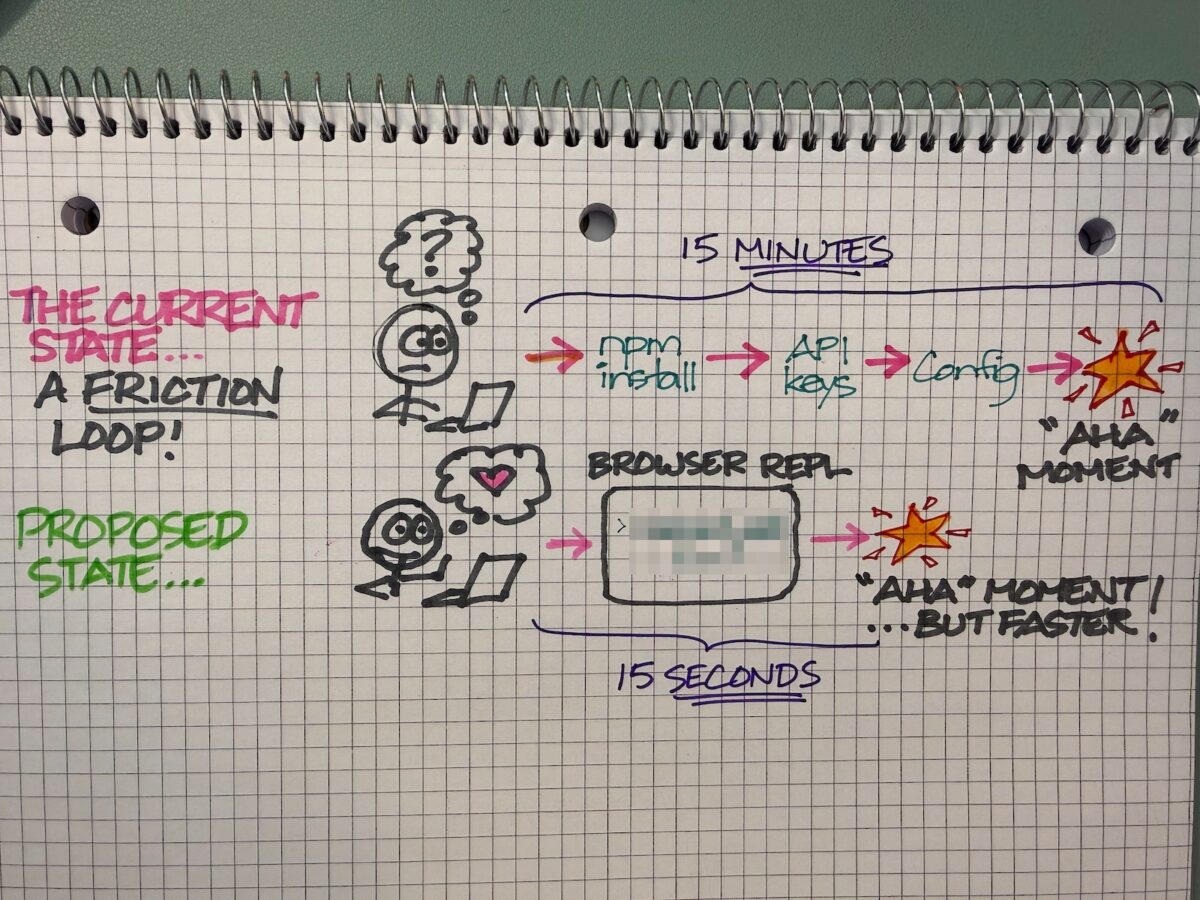
In the ten business days leading up to Christmas Eve and every day since Sunday, January 4, I have either been doing at least one of these a day:
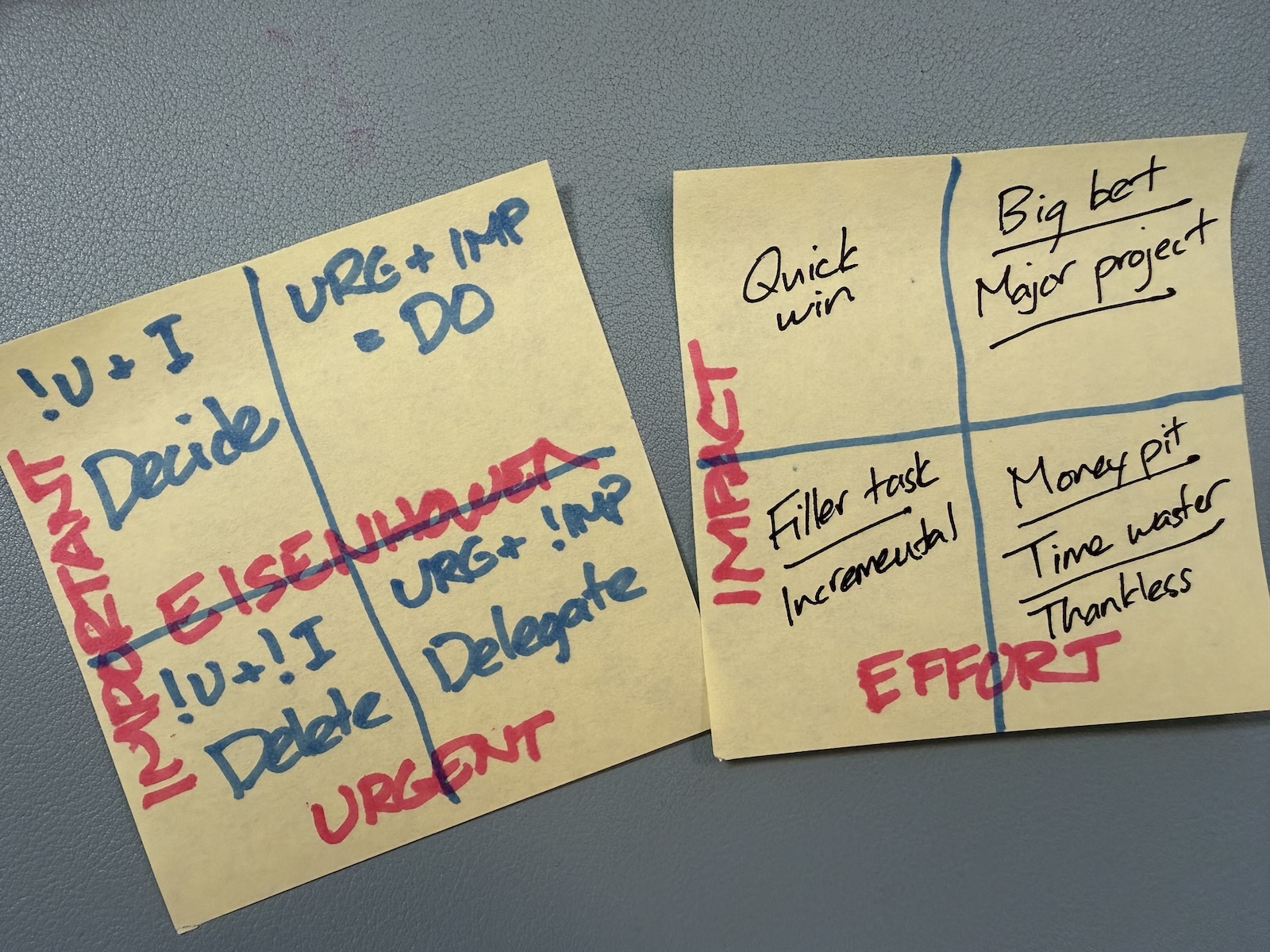 The trick to staying on top of all this activity is to have good notes at the ready. Ideally, these are hand-written notes and diagrams like the ones pictured above. I find that I remember what I wrote better when I write it out by hand; it’s probably because it’s slower and gives me more time to commit what I’m writing to memory.
The trick to staying on top of all this activity is to have good notes at the ready. Ideally, these are hand-written notes and diagrams like the ones pictured above. I find that I remember what I wrote better when I write it out by hand; it’s probably because it’s slower and gives me more time to commit what I’m writing to memory.
I’ve also suspected that the act of forming different letters in the process of handwriting (unlike typing, where every keypress feels the same, and it’s only the location of the key on the keyboard that feels different) helps you remember what you wrote. There’s some research that agrees with my hypothesis.
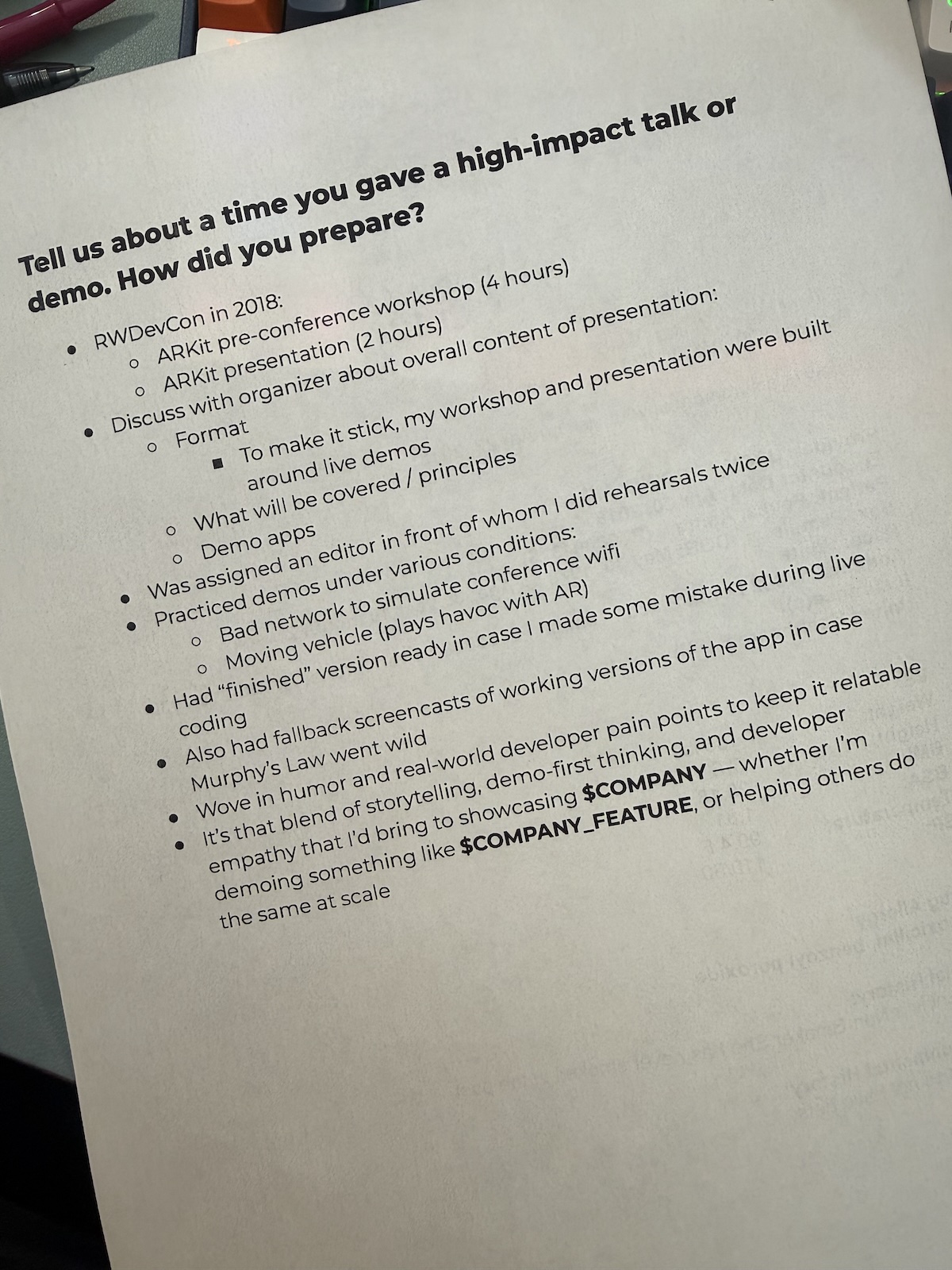 However, with 14 interviews in December and at least five scheduled for this week, I had a lot of notes to crank out. Writing them all out by hand would be too slow, so I often resorted to the next-best thing: typing them in…
However, with 14 interviews in December and at least five scheduled for this week, I had a lot of notes to crank out. Writing them all out by hand would be too slow, so I often resorted to the next-best thing: typing them in…
…and printing them out. I could look at a screen, but paper notes allow me to keep my gaze in the general direction of the camera. Using them means that I’m not relying on the keyboard or mouse to go through my notes, and it very clearly shows that I’m not relying on AI during the interview.
These are photos of just a few of the notes I used in my most recent interviews. A lot of my notes include situations that I can cite when answering “behavioral interview” questions — those questions that start with that dreaded phrase, “Tell me about a time when…”
Here’s a promising start to the new year: thanks to a successful appearance on the Intelligent Machines podcast back in October, I was a guest on episode 1065 of Leo Laporte’s main podcast, This Week in Tech.
Leo, Blackbird.AI’s Dan Patterson, and I spent just under three hours on Sunday talking about the week’s tech news and having fun while doing so. The episode takes its title, AI Action Park, from Action Park, an insanely dangerous theme park that I mentioned while we were talking about DeepSeek’s Manifold-Constrained Hyper-Connections architecture.
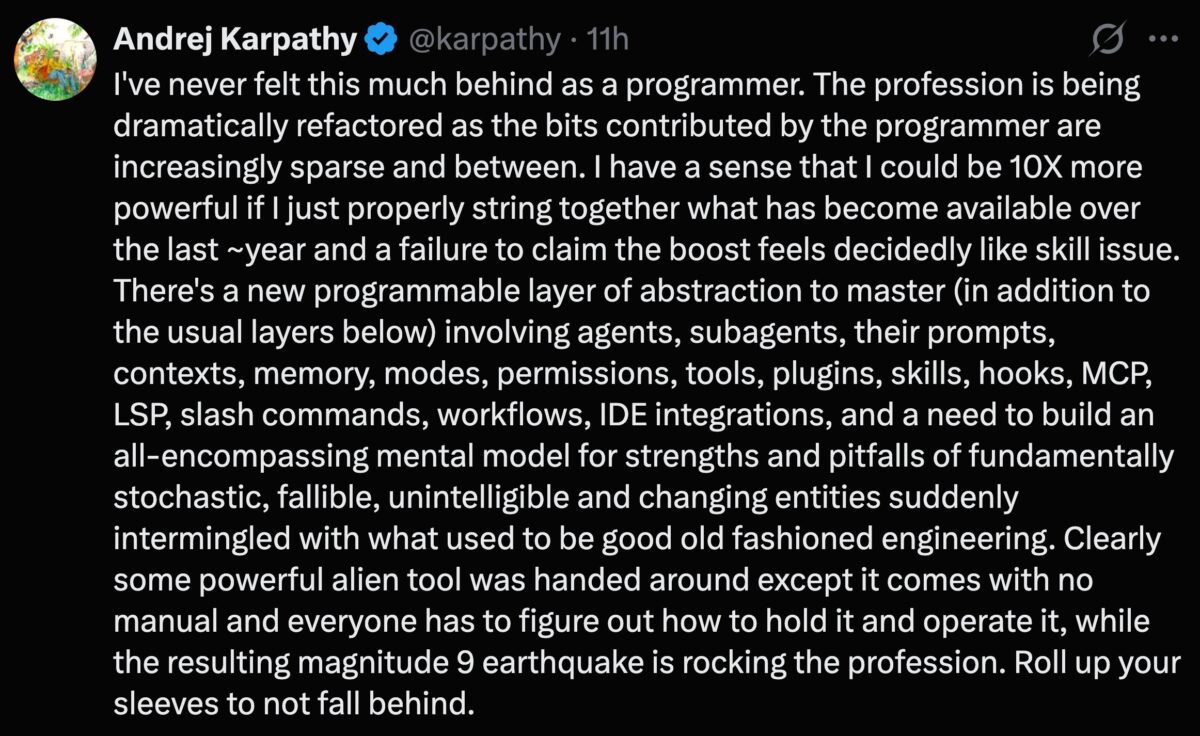
You’ve probably seen this tweet, written by none other than Andrej Karpathy, founding member of OpenAI, former director of AI at Tesla, and creator of the Zero to Hero video tutorial series on AI development from first principles:
I’ve never felt this much behind as a programmer. The profession is being dramatically refactored as the bits contributed by the programmer are increasingly sparse and between. I have a sense that I could be 10X more powerful if I just properly string together what has become available over the last ~year and a failure to claim the boost feels decidedly like skill issue. There’s a new programmable layer of abstraction to master (in addition to the usual layers below) involving agents, subagents, their prompts, contexts, memory, modes, permissions, tools, plugins, skills, hooks, MCP, LSP, slash commands, workflows, IDE integrations, and a need to build an all-encompassing mental model for strengths and pitfalls of fundamentally stochastic, fallible, unintelligible and changing entities suddenly intermingled with what used to be good old fashioned engineering. Clearly some powerful alien tool was handed around except it comes with no manual and everyone has to figure out how to hold it and operate it, while the resulting magnitude 9 earthquake is rocking the profession. Roll up your sleeves to not fall behind.
It would be perfectly natural to react to this tweet like so:
 After all, this “falling behind” statement isn’t coming from just any programmer, but a programmer who’s been so far ahead of most of us for so long that he’s the one who coined the term vibe coding in the first place — and the term’s first anniversary isn’t unit next month:
After all, this “falling behind” statement isn’t coming from just any programmer, but a programmer who’s been so far ahead of most of us for so long that he’s the one who coined the term vibe coding in the first place — and the term’s first anniversary isn’t unit next month:
Karpathy’s post came at the end of 2025, so I thought I’d share my thoughts on it — in the form of a “battle plan” for how I’m going to approach AI in 2026.
It has eight parts, listed below:
Even before the current age of AI, tech was already moving at a pretty frantic pace, and it was pretty hard to keep up. That’s why we make jokes like the slide pictured above, or the Pokemon or Big Data? quiz.
As a result, many people make the choice between “going deep” and specializing in a few things or “going wide” and being a generalist with a little knowledge over many areas. While the approaches are quite different, they have one thing in common: they’re built on the acceptance that you can’t be skilled at everything.
With that in mind, let me present you with an idea that might seem uncomfortable to some of you: Accept “falling behind” as the new normal. Learn to live with it and work around it.
A lot of developers, myself included, accepted being “behind” as our normal state of affairs for years. We’re still in the stone ages of our field — the definition of “computable” won’t even be 100 years old until the next decade — so we should expect changes to continue to come at a fast and furious pace during our lifetimes.
Don’t think of “being behind” as being a personal failing, but as a sensible, sanity-preserving way of looking at the tech world.
It’s a sensible approach to the world that Karpathy describes, which is a firehose of agents, prompts, and stochastic systems, all of which lack established best practices, mature frameworks, or even documentation. If you’re feeling “current” and “on top of things” in the current AI era, it means you don’t understand the situation.
That feeling of playing perpetual “catch-up?” That’s proof you are actively playing on the new frontier, where the map is getting redrawn every day. It means you’ve got a mindset suited for the current Age of AI.
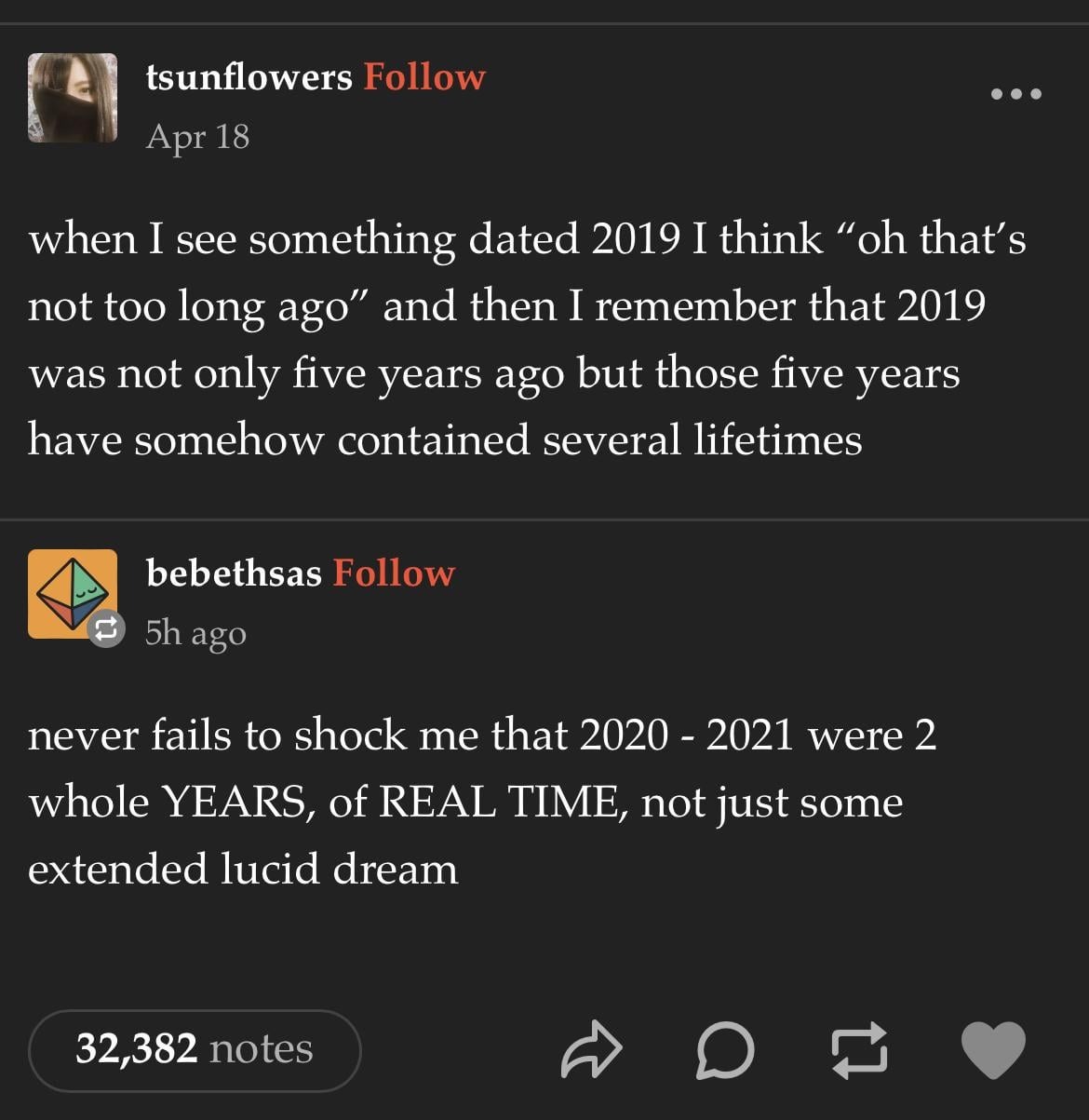
I think some of Karpathy’s feeling comes from how the pandemic and lockdowns messed up our sense of time. Events from years ago feel like they just happened, and events from months in the past feel like a lifetime ago.
AI — and once again, I’m talking about AI after ChatGPT — sometimes feels like it’s been around for a long time, but it’s still a recent development.
“How recent?” you might ask.

Think of it this way: the non-D&D playing world was introduced to Vecna through season 4 of Stranger Things months before it was introduced to ChatGPT.
Need more perspective? Here are more things that “just happened” that also predate the present AI age:
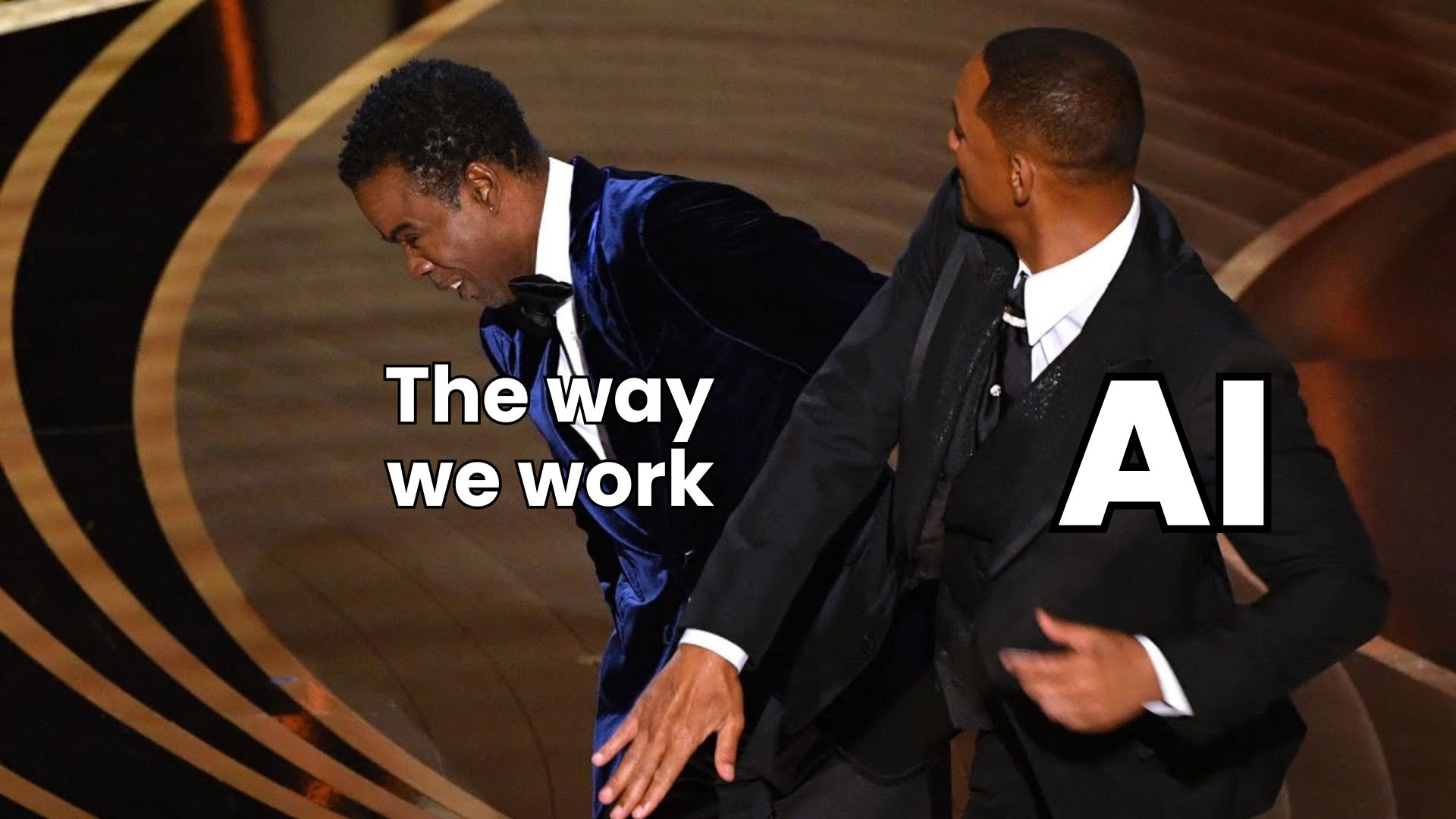
(Just recalling about “the slap” made me think “Wow, that was a while back.” In fact, I get the feeling that the only person who remembers it as if it happened yesterday is Chris Rock.)
All these examples are pretty recent news, and they all happened before that fateful day — November 30, 2022 — when ChatGPT was unleashed on an unsuspecting world.

Accepting “behind” as the new normal turns any anxiety you may be feeling into a strategic advantage. It changes your mindset to one where you embrace continuous, lightweight experimentation rather than mastery. You know, that “growth mindset” thing that Carol Dweick keeps going on about.
Put your energy into the skill of learning and critically evaluating new basic tools and skills that are subject to change over the gathering static domain knowledge that you think will be timeless.
We’re emerging from an older era where code was scarce and expensive. It used to take time and effort (and as a result, money) to produce code, which is why a lot of software engineering is based on the concept of code reuse and why older-school OOP developers are hung up on the concept of inheritance. Now that AI can generate screens of code in a snap, we’re going to need to change the way we do development.
My 2026 developer strategy will roughly follow these steps:
$TOOL_OF_THE_MOMENT and have it generate lots of lines of code that I won’t mind deleting after I’ve gotten what I need out of it. The idea is to drive the “cost” of experimentation down to zero, which means I’ll do more experimenting.I used to laugh at this scene from Star Trek: Voyager, but damn, it’s pretty close to what we can do now…
Your enduring value as a developer or techies is going to move “up the stack,” away from remembering the minutae API call parameter order and syntax and towards “big picture” things like system design, architectural judgment, and the critical oversight, judgement, and quality control required to pull together AI components that are stochastic and fundamentally unpredictable.
That “behind” feeling? That’s the necessary friction for keeping your footing while climbing the much taller ladder that development. Your expertise is less about for loops and design patterns more about system design, problem decomposition, and even taste. You’re more focused on solving the users’ problems (and therefore, operating closer to the user) and providing what the AI can’t.
Worry less about specific tools, and more about principles. Specific tools — LangChain and LlamaIndex, I’m lookin’ right at you — will change rapidly. They may be drastically different or even replaced by something else this time next year! (Maybe next month!) Focus on understanding the underlying principles of agentic reasoning, prompt engineering, and (ugh, this term drives me crazy, and I can’t put my finger on why) — “workflow orchestration.”
Programming isn’t being replaced. It’s being refactored. The developer’s role is becoming one of a conductor or integrator, writing sparse “glue code” to orchestrate powerful, alien AI components. (Come to think of it, that’s not all too different from what we were doing before; there’s just an additional layer of abstraction now.)

Let’s take a closer look at the last two lines of Karpathy’s tweet:
Clearly some powerful alien tool was handed around except it comes with no manual and everyone has to figure out how to hold it and operate it, while the resulting magnitude 9 earthquake is rocking the profession. Roll up your sleeves to not fall behind.
First, let me say that I think Karpathy’s choice of “alien tool” as a metaphor is at least a little bit colored by Silicon Valley mentality of disruption — that tech is for doing things to fields, industries, or people instead of for them. There’s also the popular culture portrayal of alien tools, and I think he feels he’s been getting the “alien tools doing things to me” feeling lately:
But what if that “alien tool” is something that can we can converse with? What if we reframe “alien too” to…“droid?”
Unlike an interpreter or compiler that gives one of those classic cryptic error messages or a framework or library with fixed documentation, you can actively interrogate AI, just like you can interrogate a Star Wars droid (or even the Millennium Falcon’s computer, which is a collection of droids). When an AI generates code that you can’t make sense of, you’re not left to reverse-engineer its logic unassisted. You can demand an explanation in plain language. You ask it to walk through its solution step by step or challenge its choices (and better yet, do it Samuel L. Jackson style):
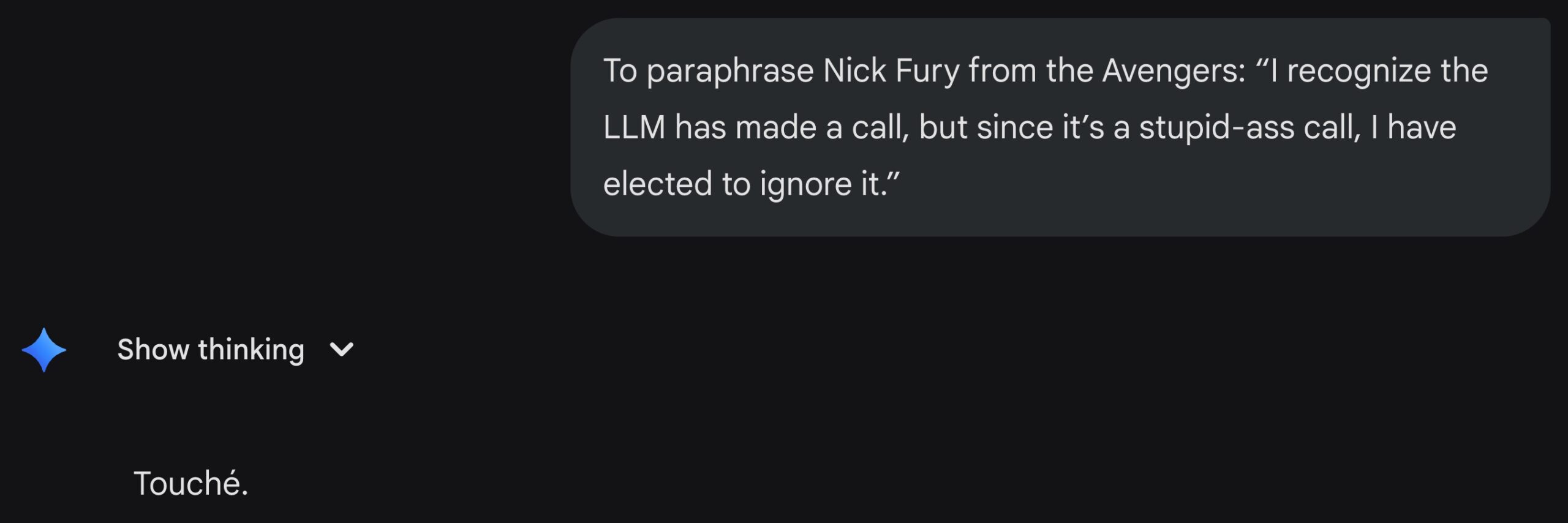
This transforms debugging and learning from a solitary puzzle into a dialogue. This is the real-life version of droids in Star Wars and computers in Star Trek! Ask whatever AI tool you’re using to refactor its code for readability, make it give you the “Explain it is if I’m a junior dev” walkthrough of a complex algorithm, or debate the trade-offs between two architectural approaches. Turn AI into a tireless, on-demand pair programmer and tutor!
By reframing AI not as an alien tool, but as a Star Wars droid (or if you prefer, Star Trek computer), you can change the pace at which you can understand and manage systems. Unfamiliar libraries and cryptic errors are no longer major show-stoppers, but speed bumps that you can overcome with a Socratic dialogue to build your understanding. The AI-as-droid approach allows you to rapidly decompose and reconstruct the AI’s own output, turning its stochastic suggestions into knowledge and understanding that you can carry forward.
In the end, you’re moving from merely accepting or rejecting its code to using conversation to get clarity, both in the AI’s output and in your own mental model. By treating AI not as an alien probe but as a droid, the “alien tool” becomes less alien through dialogue. The terra incognita of this new age won’t be navigated by a map, but by directed exploration with the assistance of a local guide you can question at every turn.


Like “Todd” from BoJack Horseman, I’m still working out some ideas. I’ve listed them here so that you can get an advance look at them; I expect to cover them in upcoming videos on the Global Nerdy YouTube channel.
These ideas, taken together, are a call not to blindly climb the AI hype curve, but a call to develop a sophisticated, expert-level understanding of its limits. I hope to make them the basis of a structured way to conduct that research without falling into the “Mount Dumbass” of overconfidence.
Your tech / developer expertise is the guardrail. I believe that knowledge is the antidote to AI’s Dunning-Kruger effect. What you bring to the table in the Age of AI is critical evaluation, debugging, and architectural oversight. AI generates candidates; you approve or reject them, or, to quote Nick Fury…

Adopt a skeptical, experimental stance. Let’s follow Karpathy’s own method: try the new tools on non-critical projects. When they fail (as he said they did for nanochat), analyze why they failed. This hands-on experience with failure builds the accurate mental model he described as lacking.
Focus on understanding AI “psychology.” Understand the new stochastic layer provided by AI not to worship it, but to debug it (please stop treating AI like a god). Learn about prompts, context windows, and agent frameworks so you can diagnose why an AI produces bad code or an agent gets stuck. This turns a weakness into a diagnosable system.
Prioritize team and talent dynamics: You’ll hear and read losts of stories and articles warning of talent leaving as a result of AI. If you’re in a leadership or decision-making role, focus on creating an environment where critical thinking about tools is valued over blind adoption. Trust your team, and protect their “state of flow” and their deep work.

Maybe it’s because he’s made some really amazing stuff that he’s surprised that the wave of change that it brought about has come back to bite him. For most of the rest of us — once again, that includes me — we’ve always been trying our level best to keep up, and doing what we can to manage our tiny corners of the tech world.
The take-away here is that if the guy who helped make vibe coding a reality and coined the term “vibe coding” is feeling a bit overwhelmed, we can take comfort that we’re not alone. Welcome to our club, Andrej!

Yes, it’s a lot. Yes, I’m overwhelmed. Yes, I’m trying to catch up.
But it’s also exciting. It’s a whole new world. It’s full of possibilities.
I’m outside my comfort zone, but that’s where the magic happens.